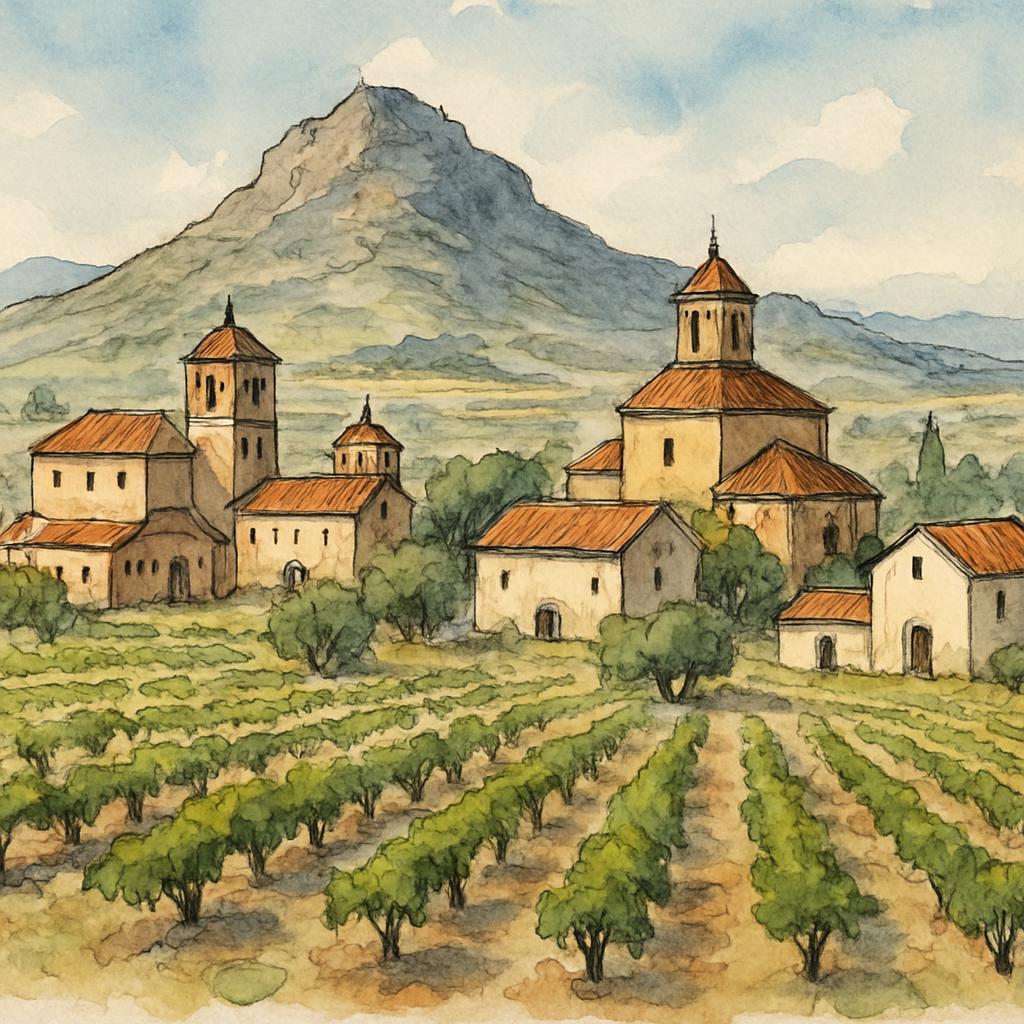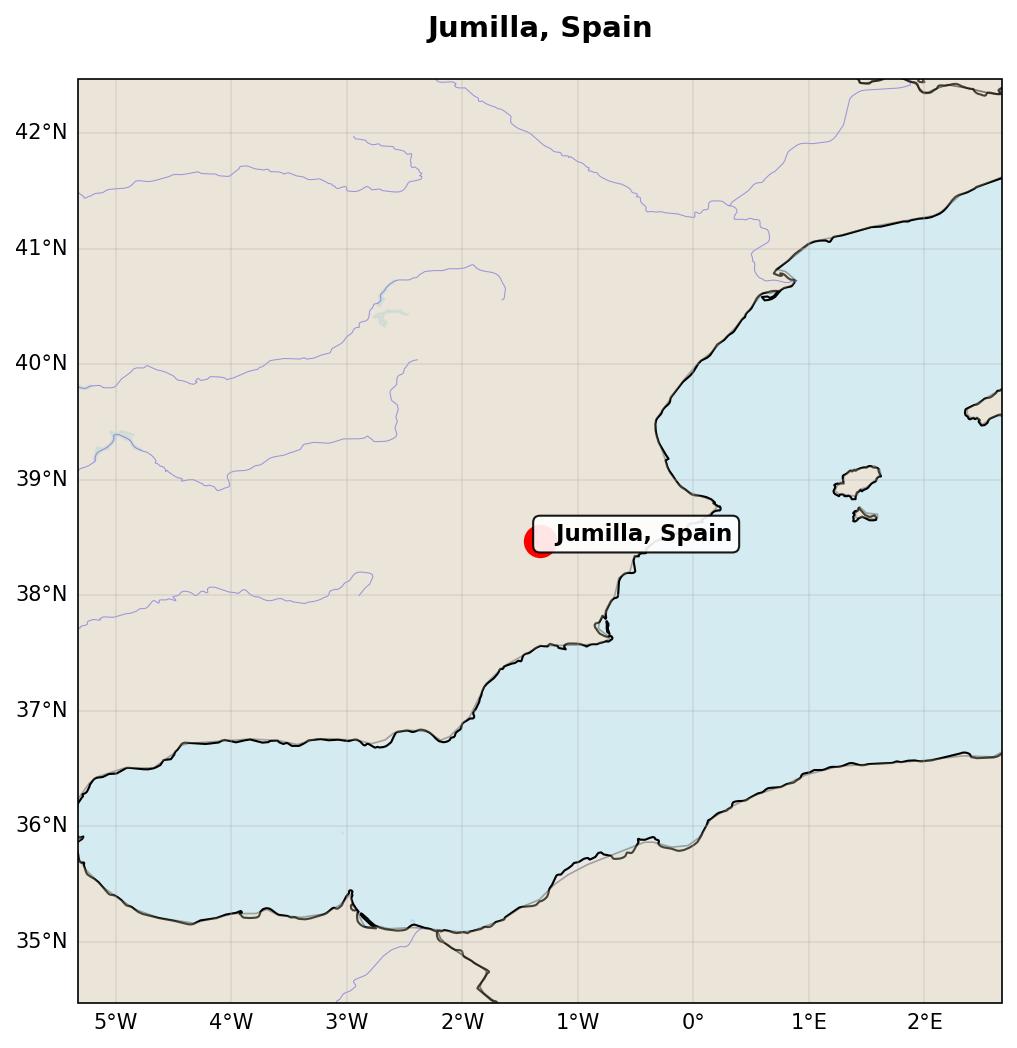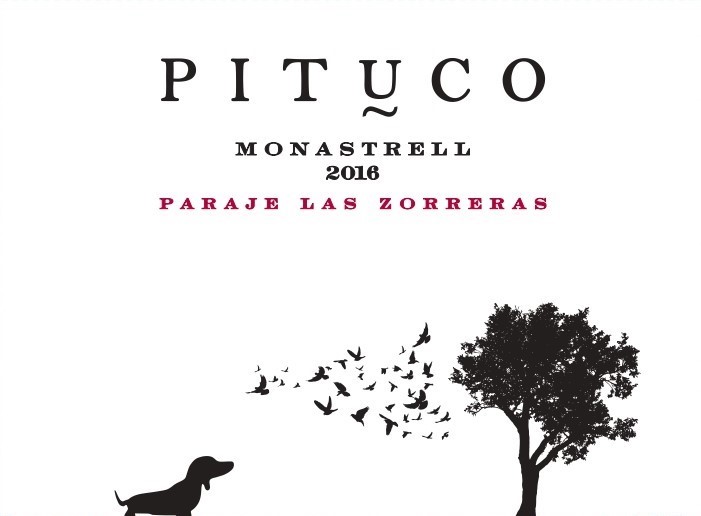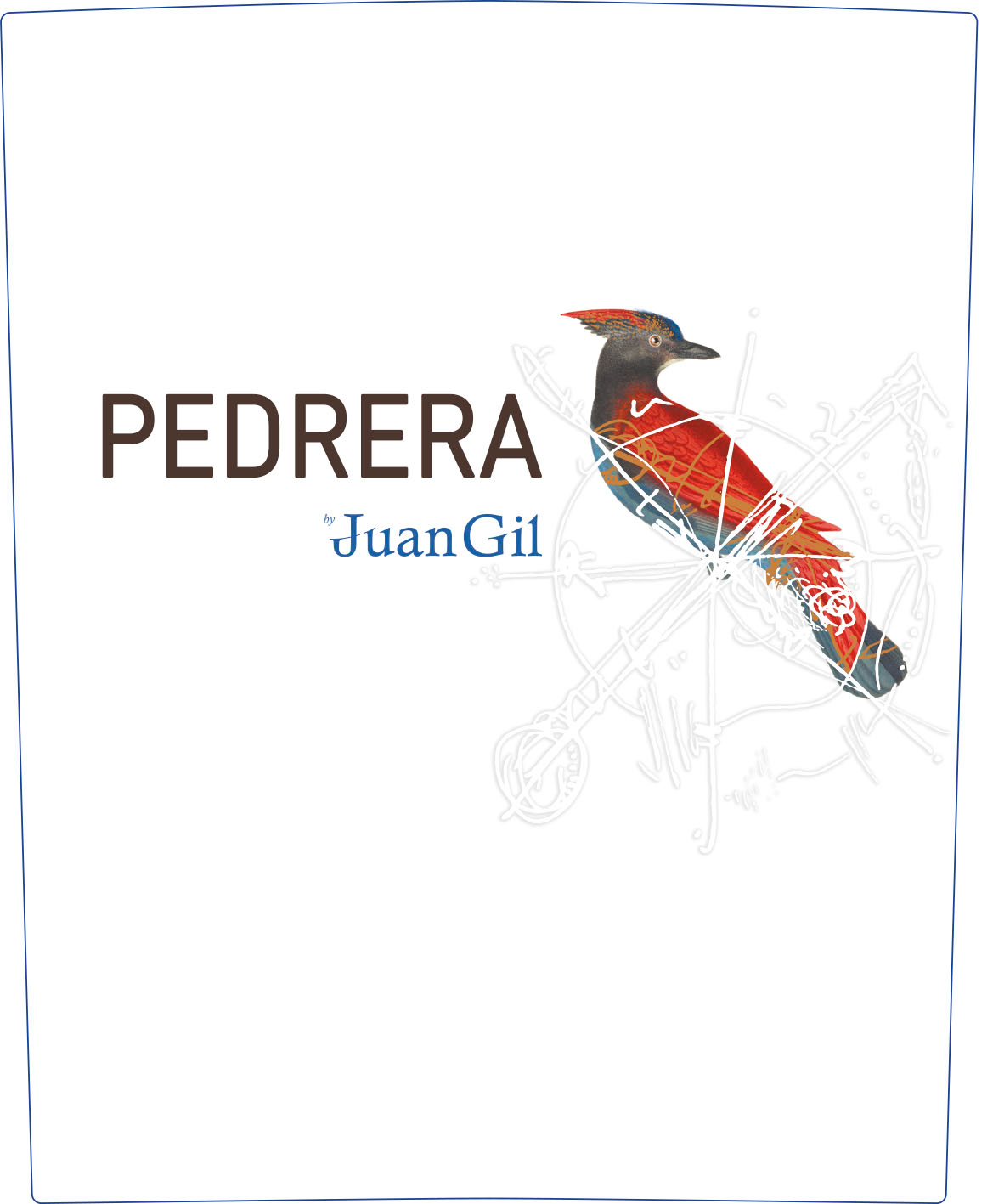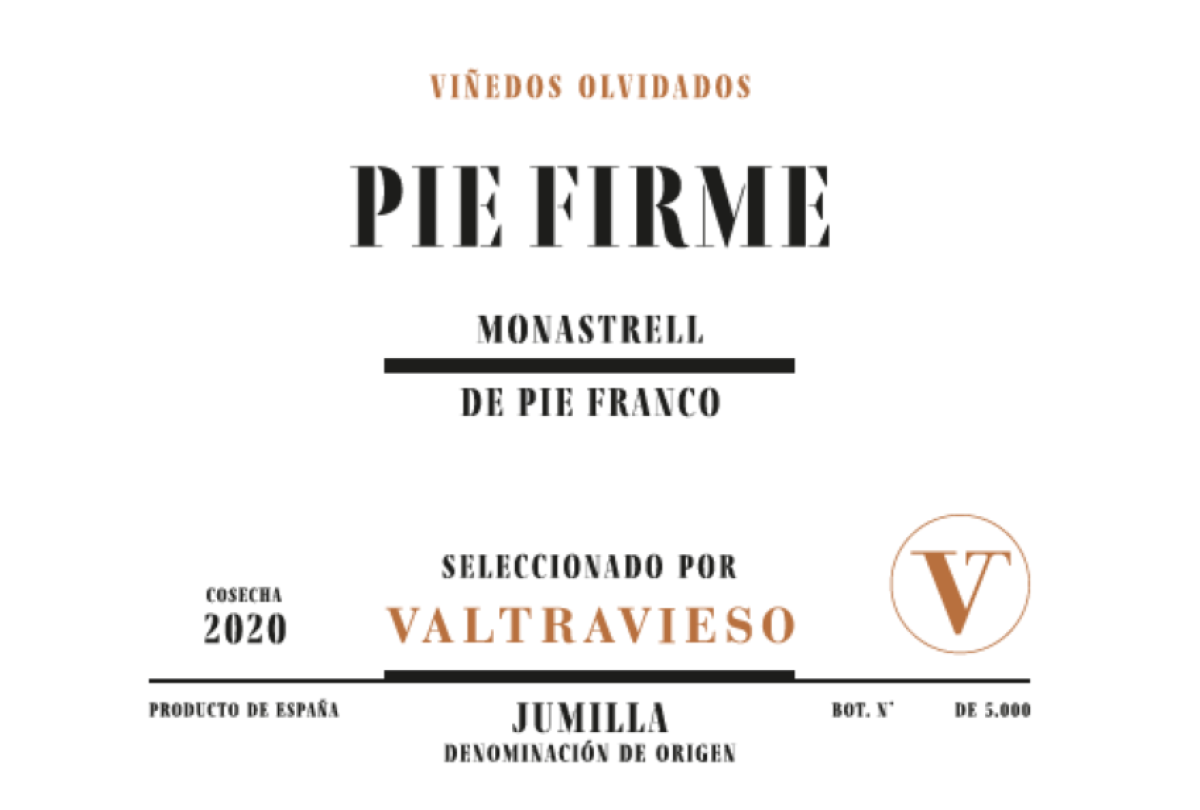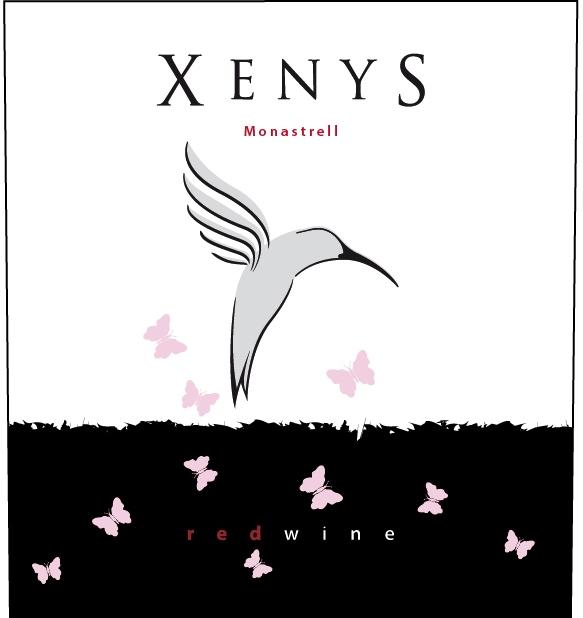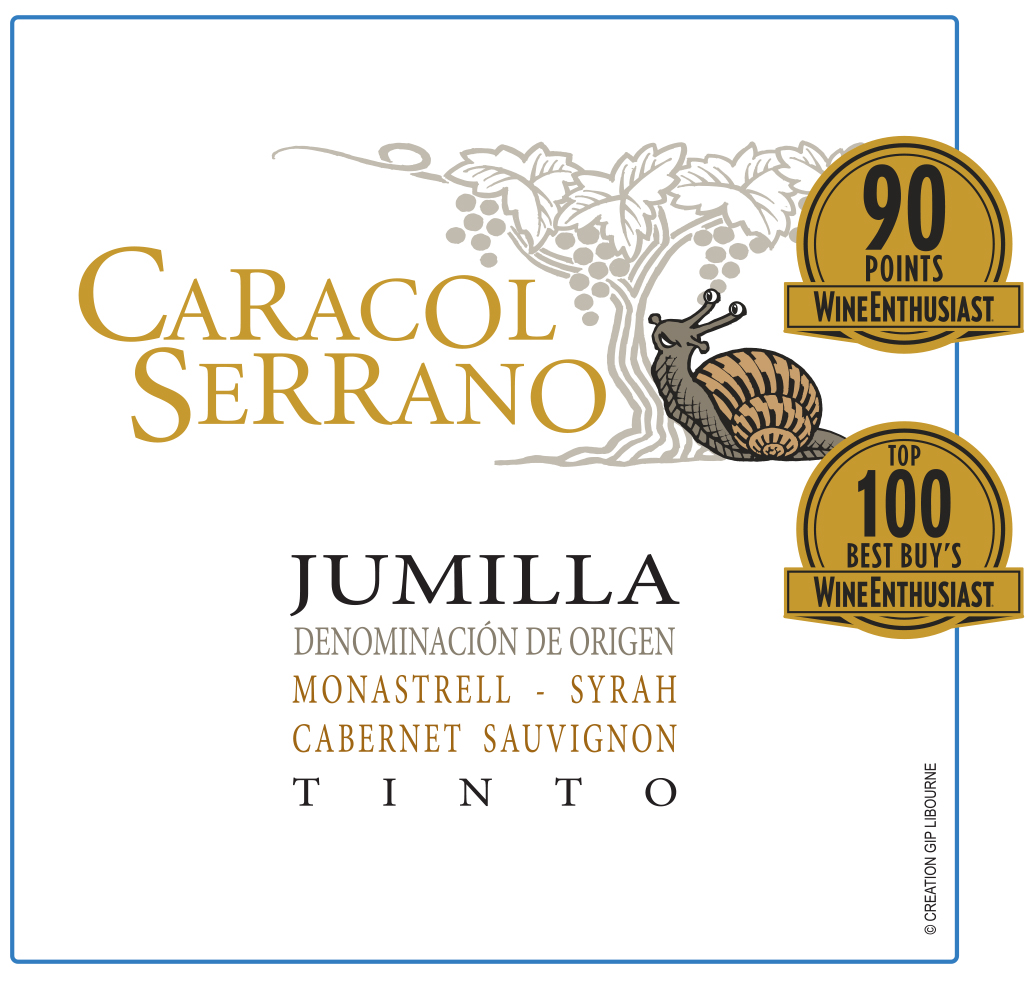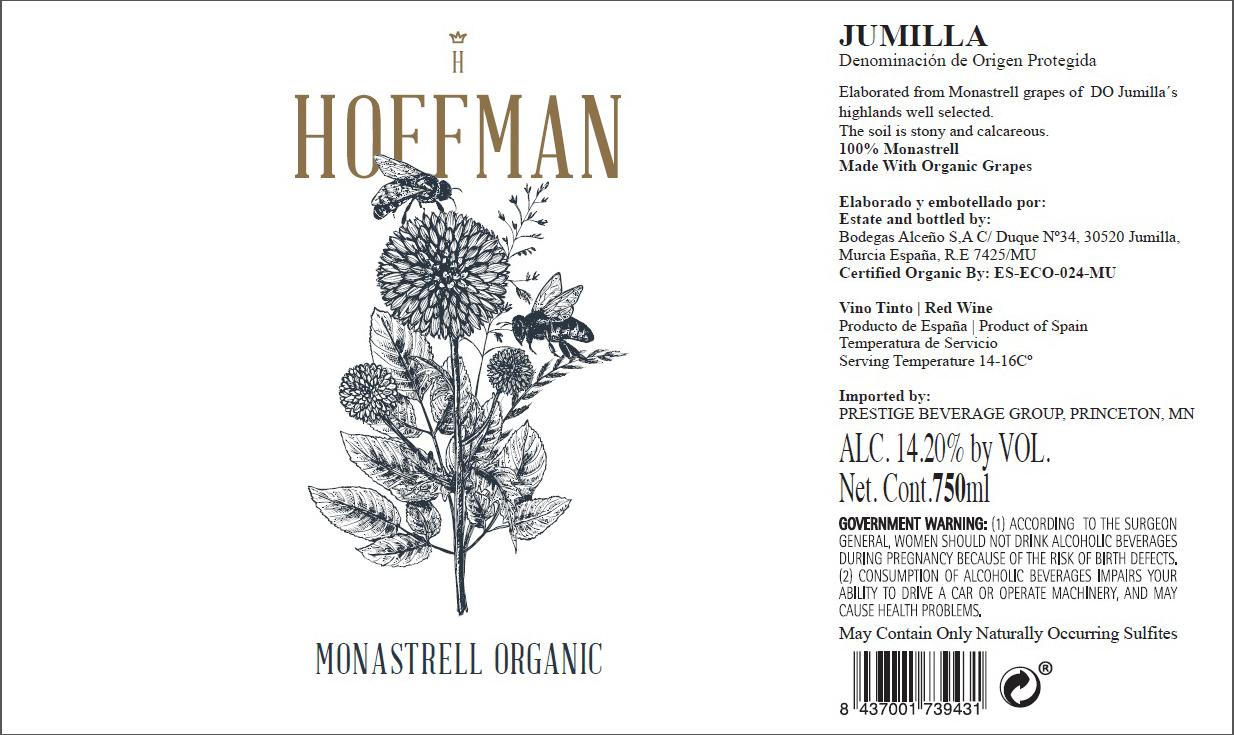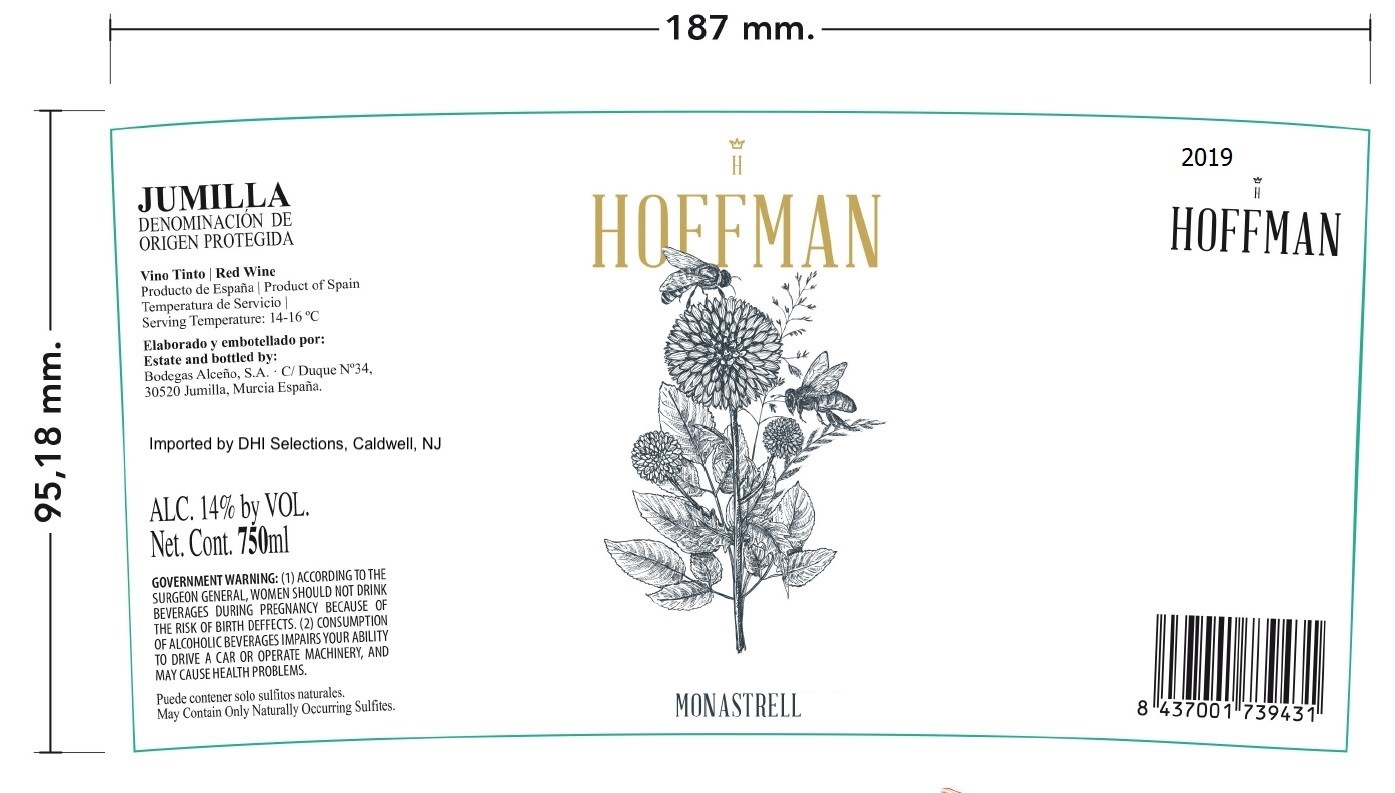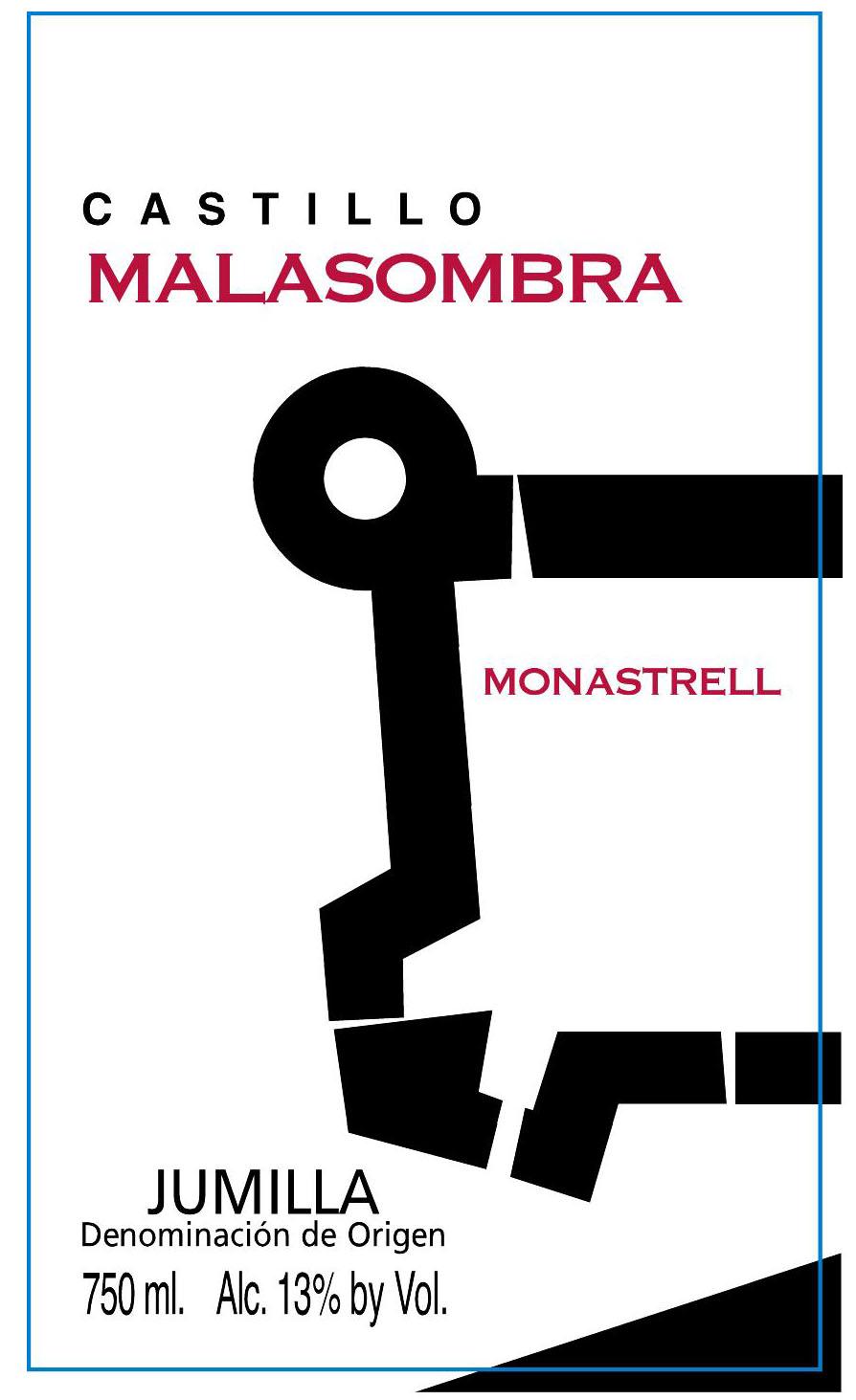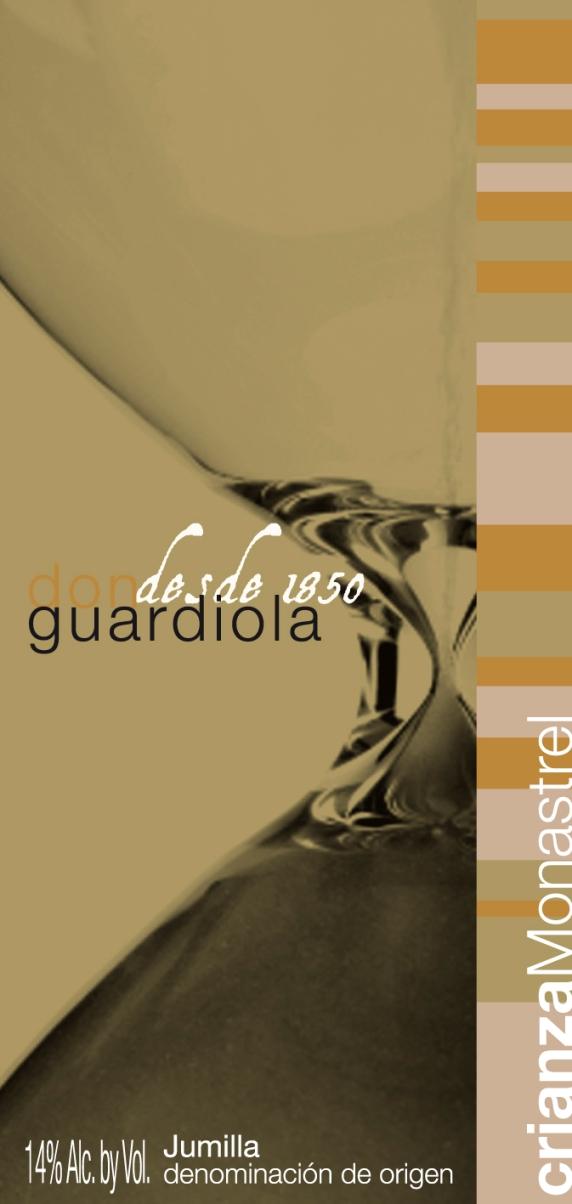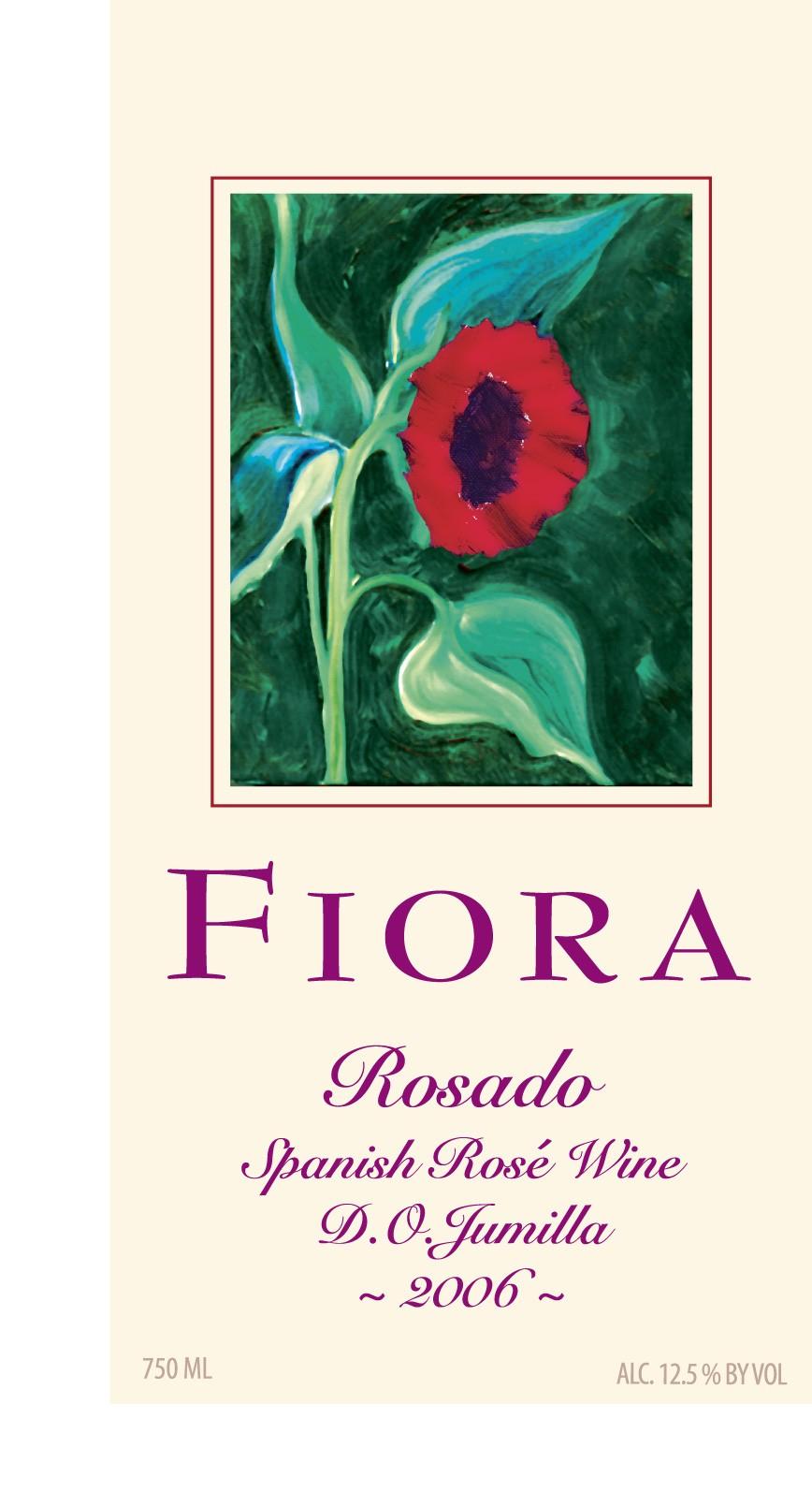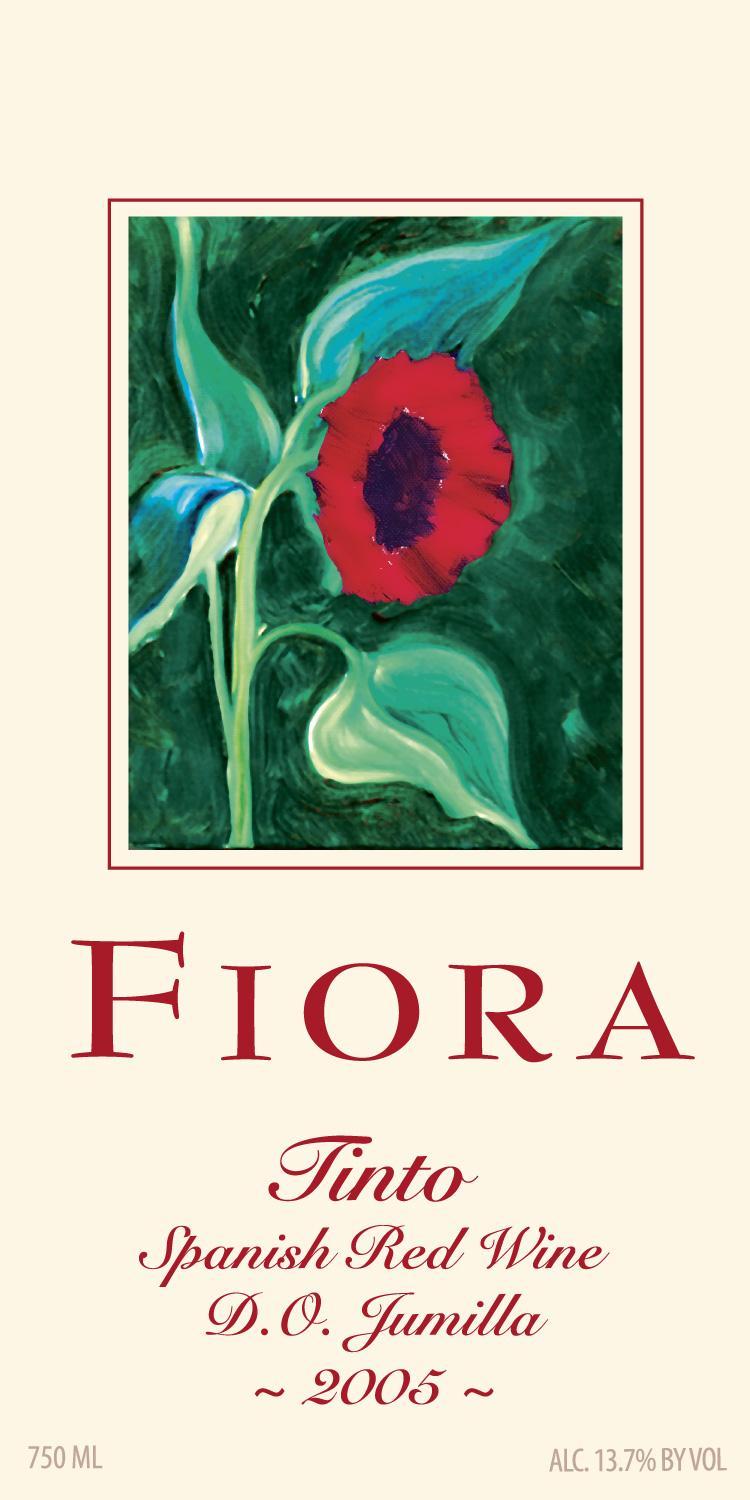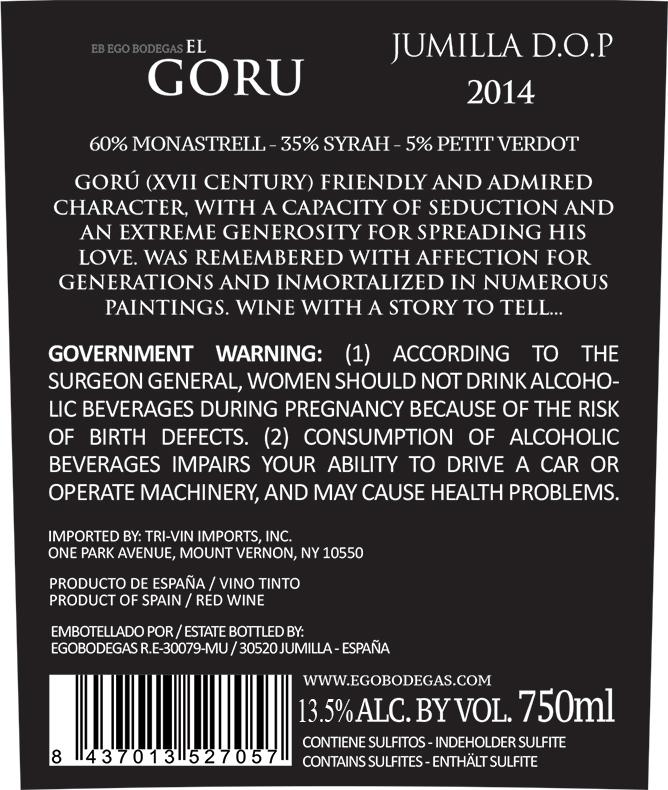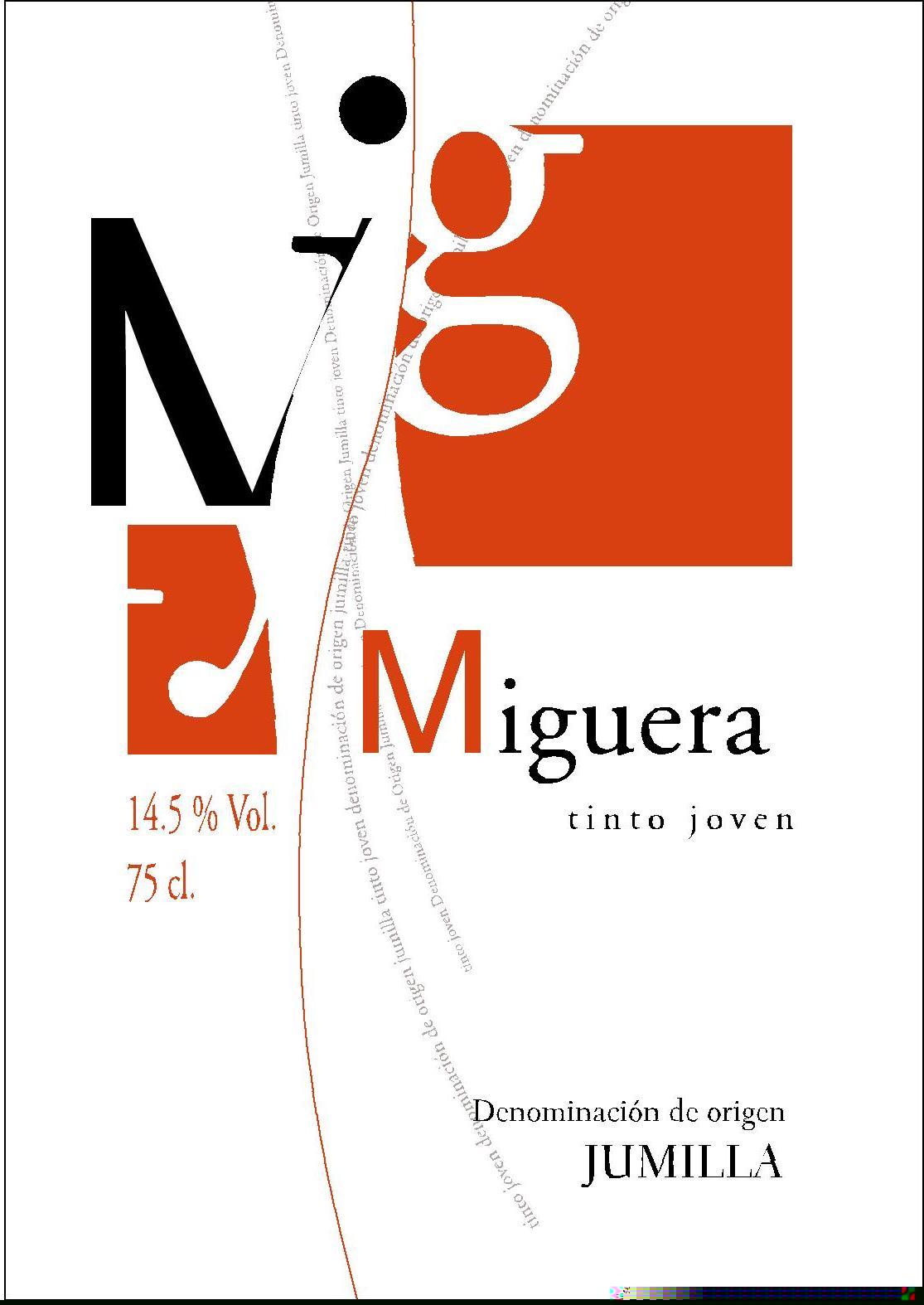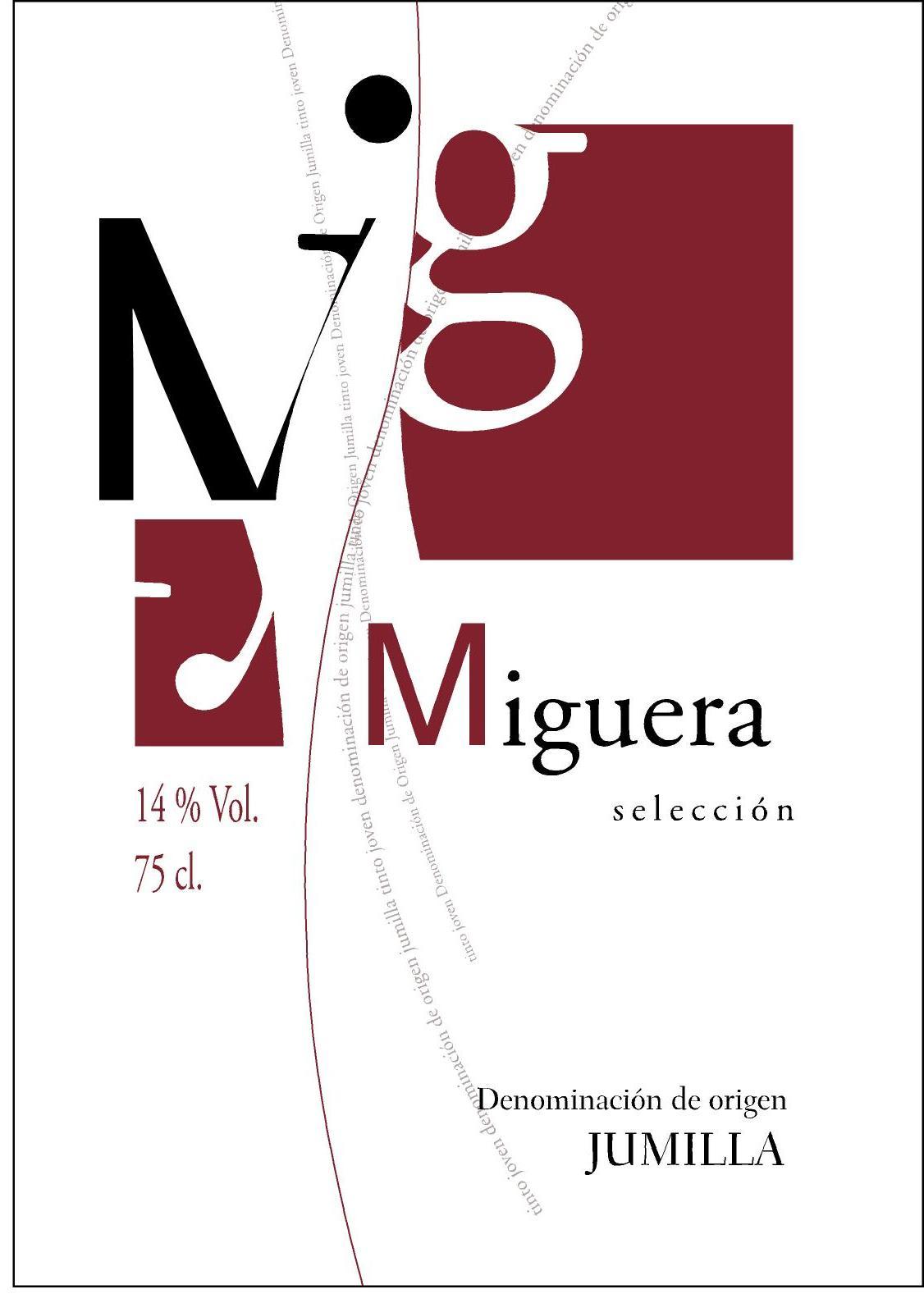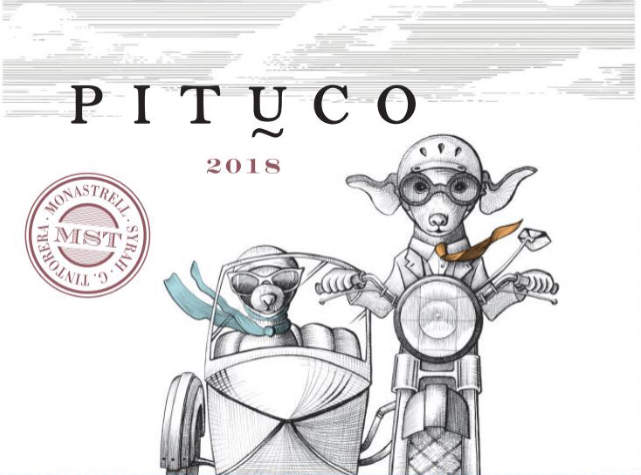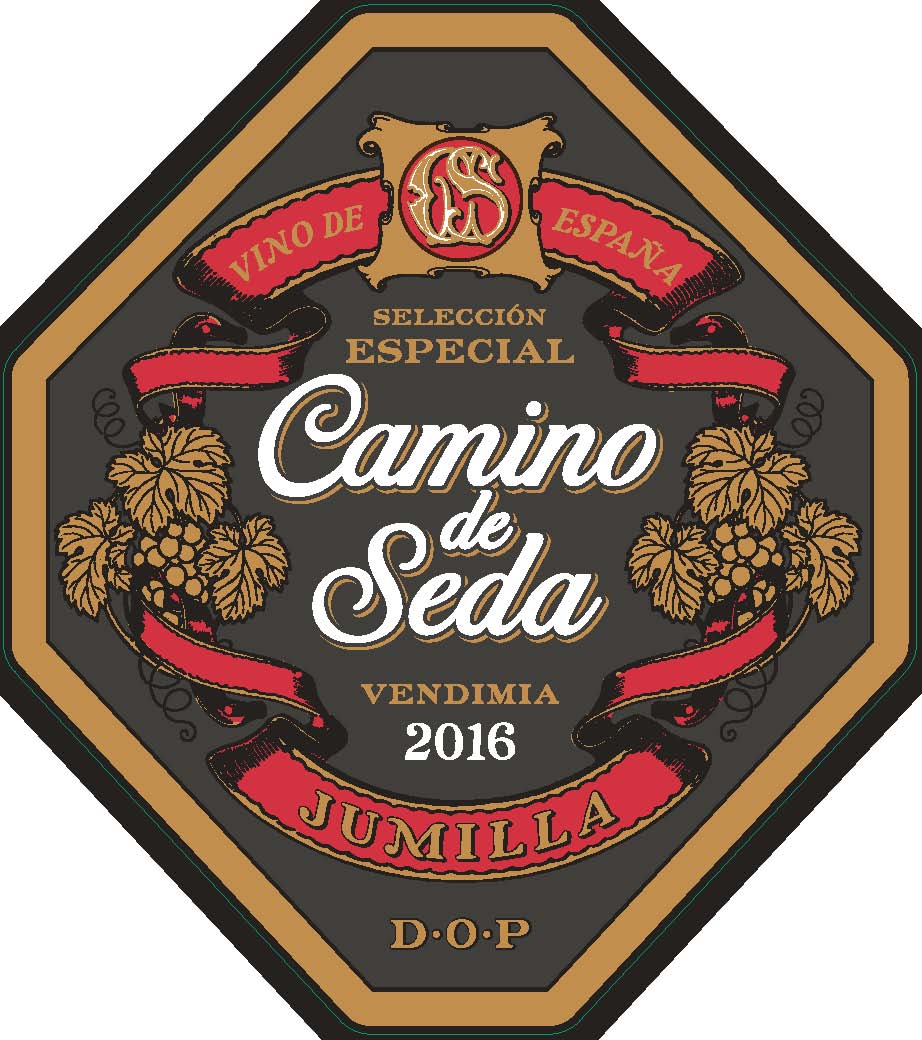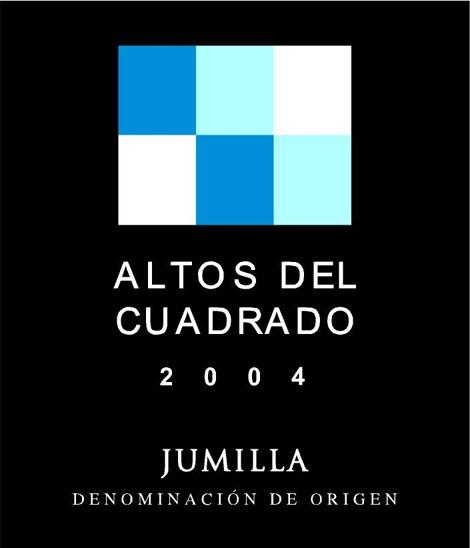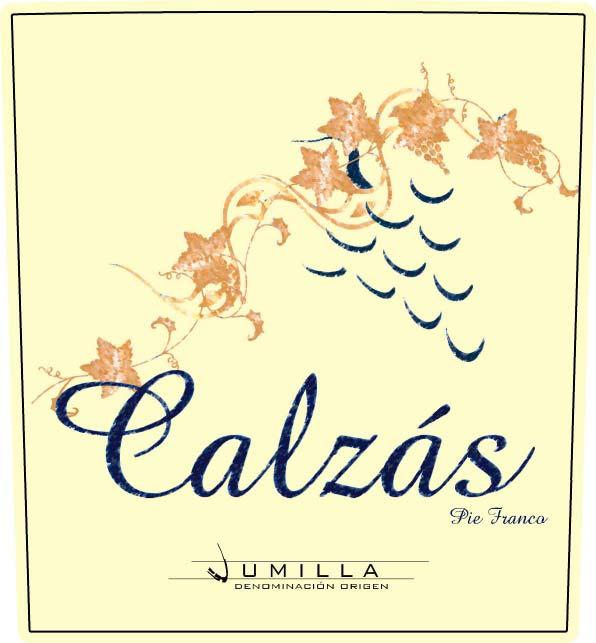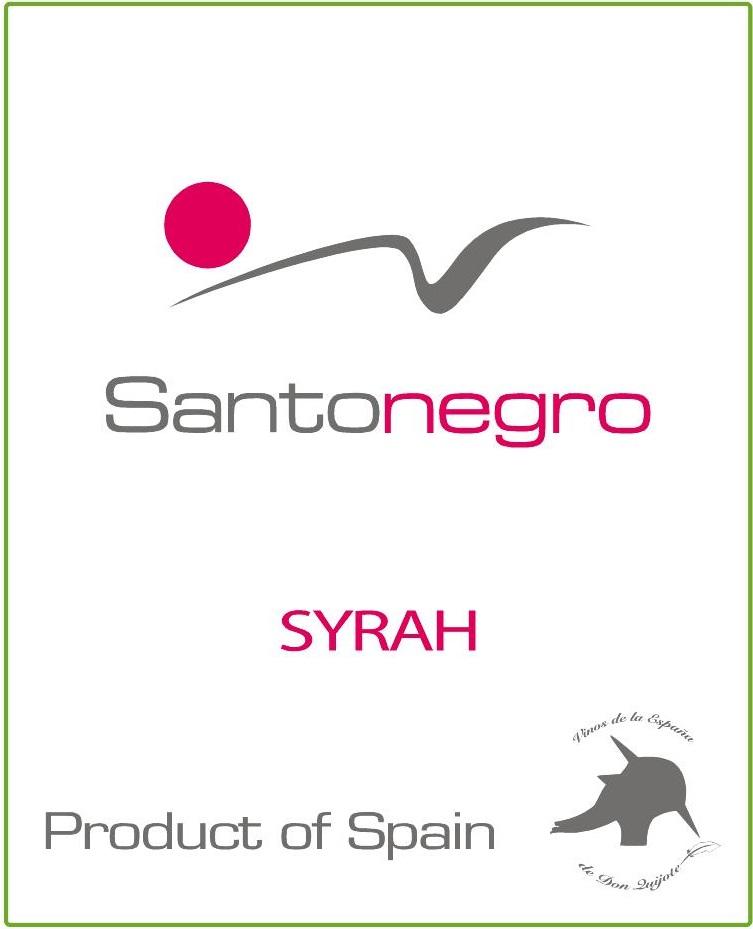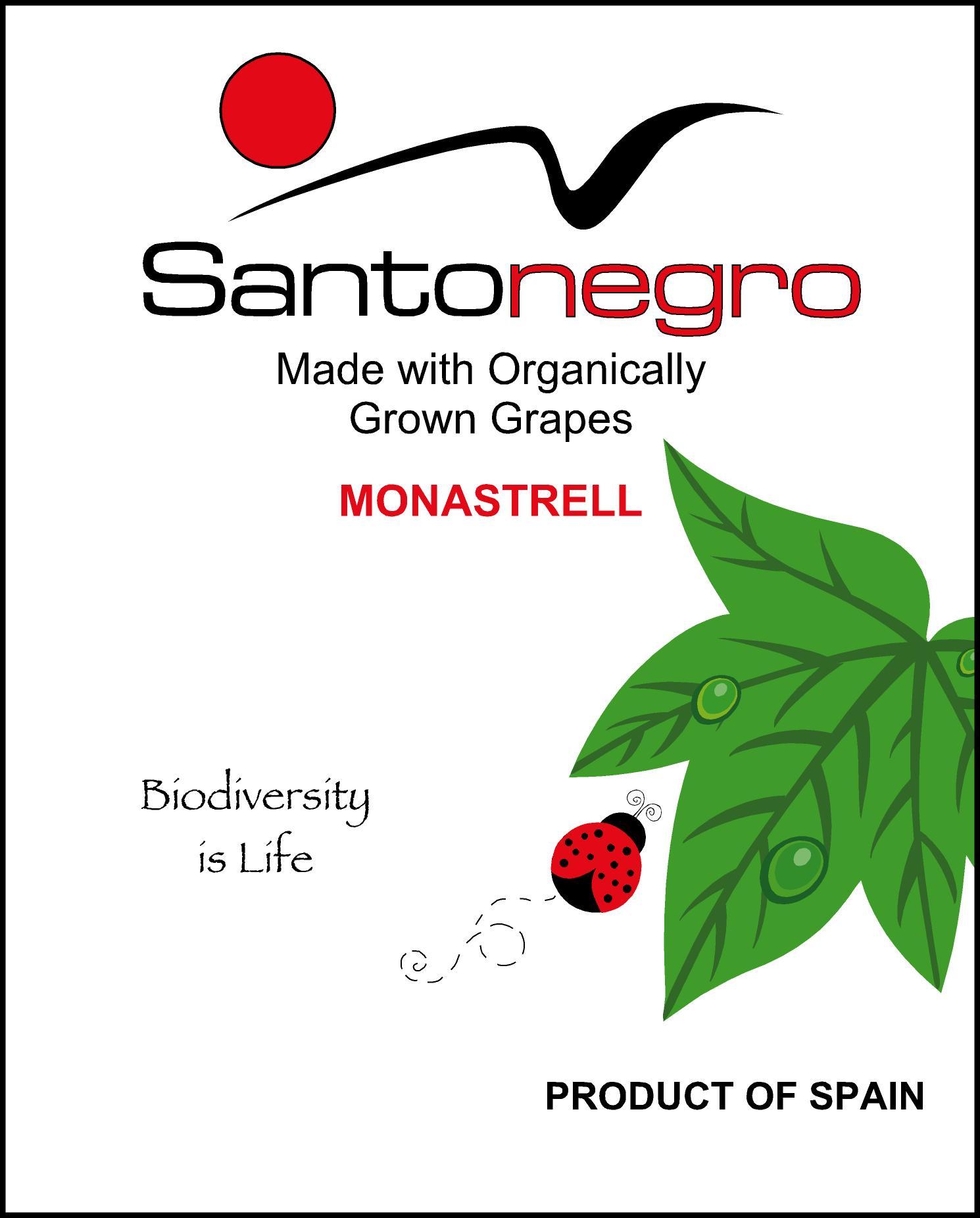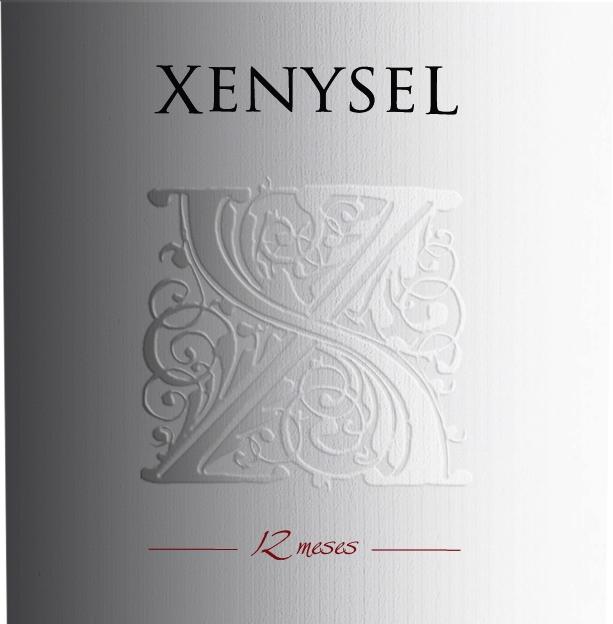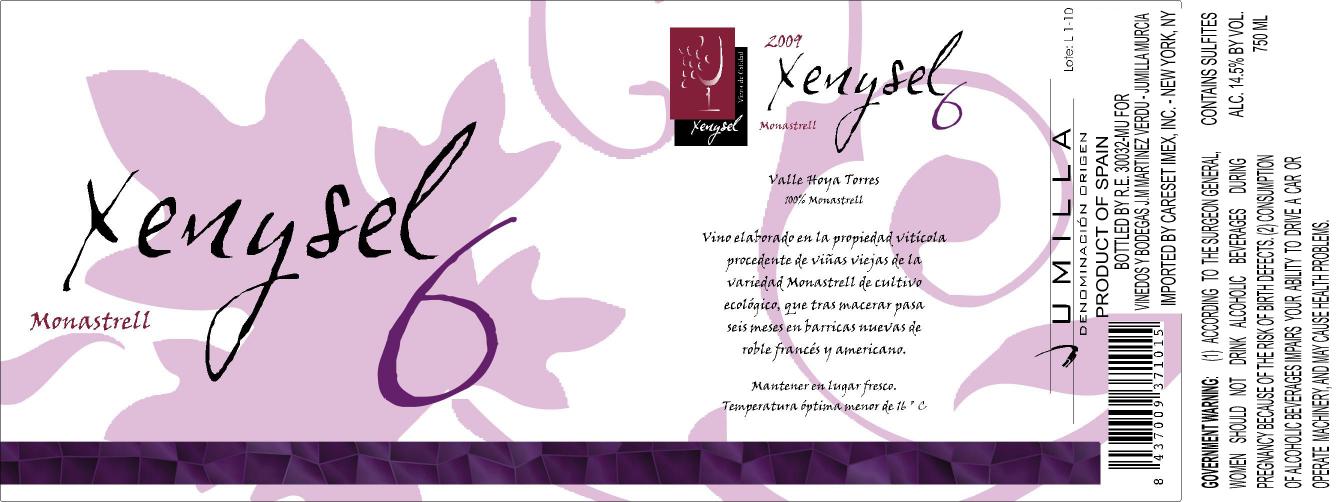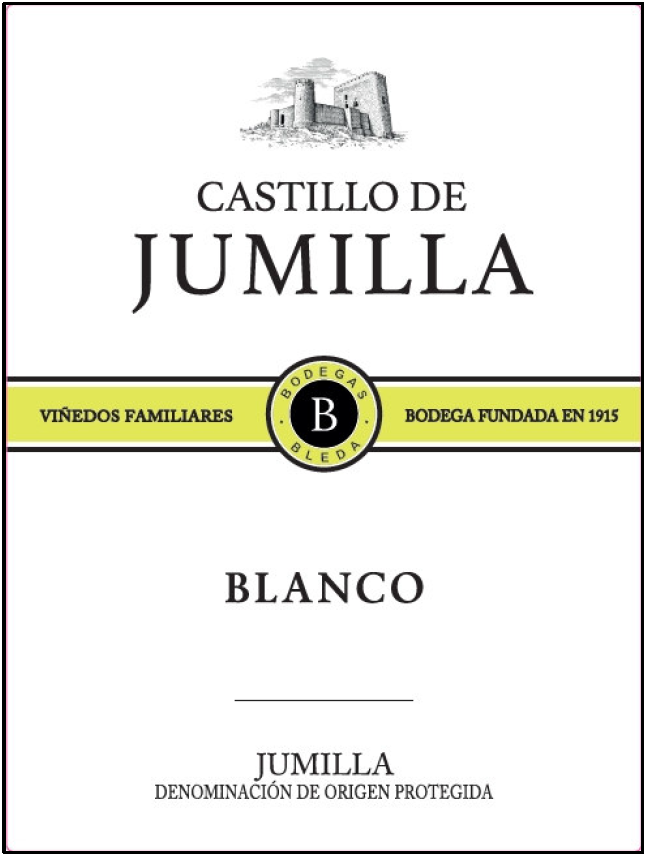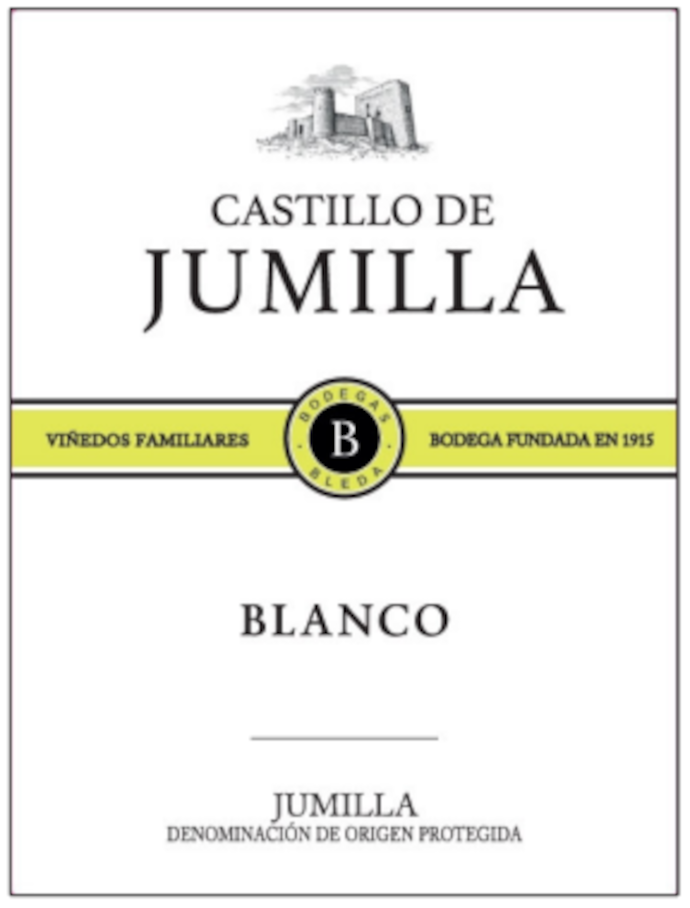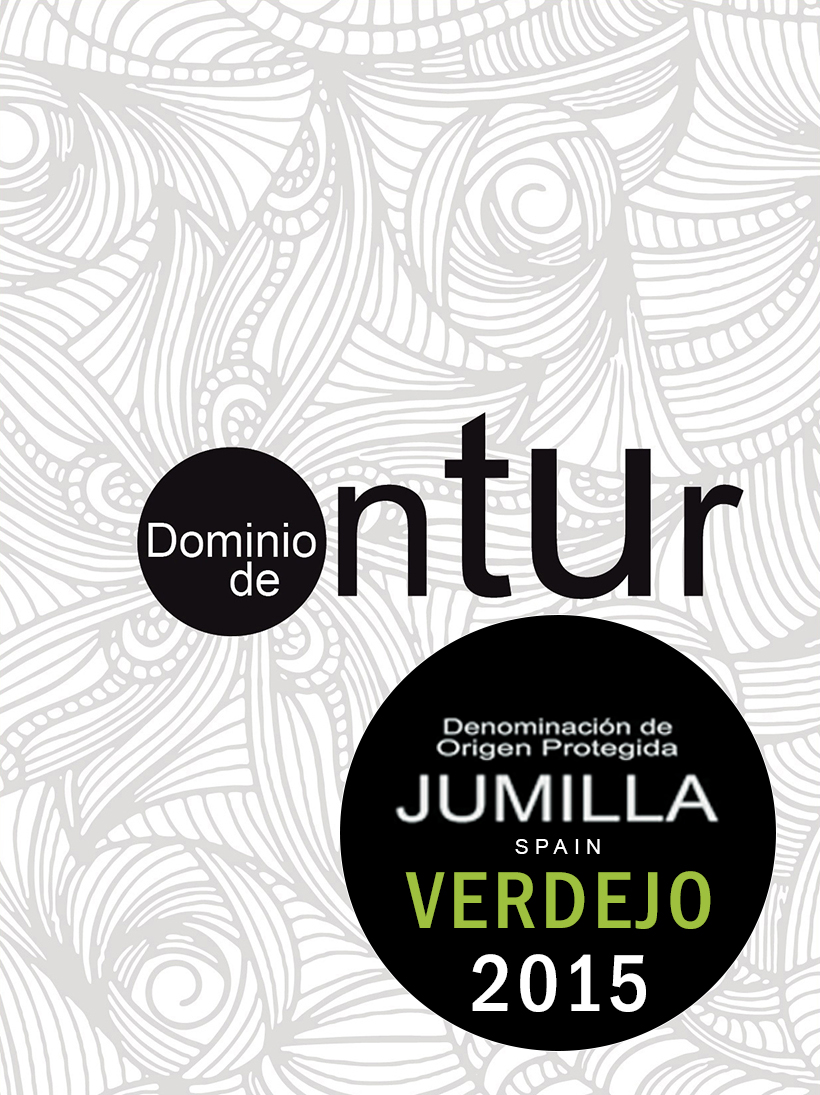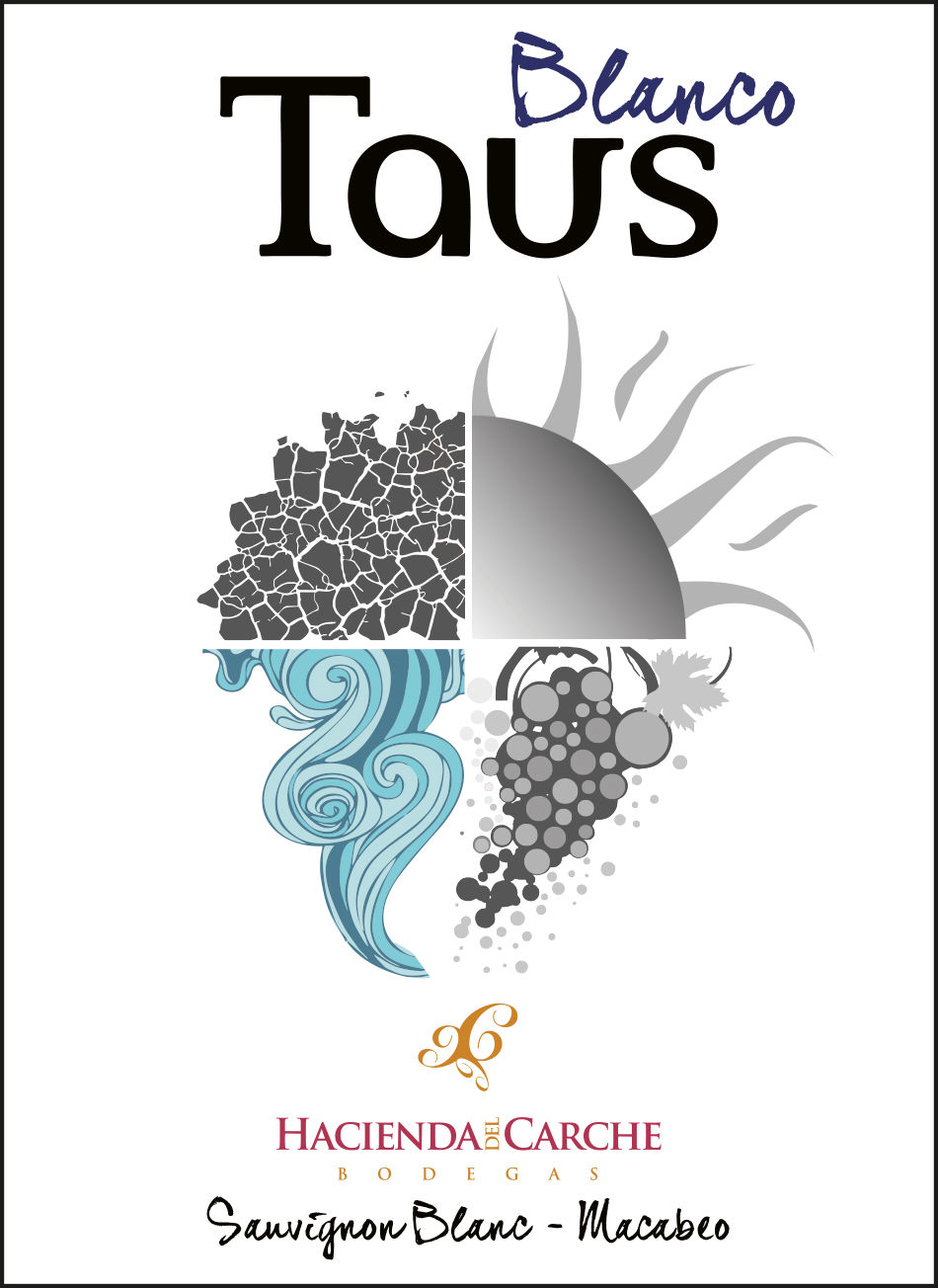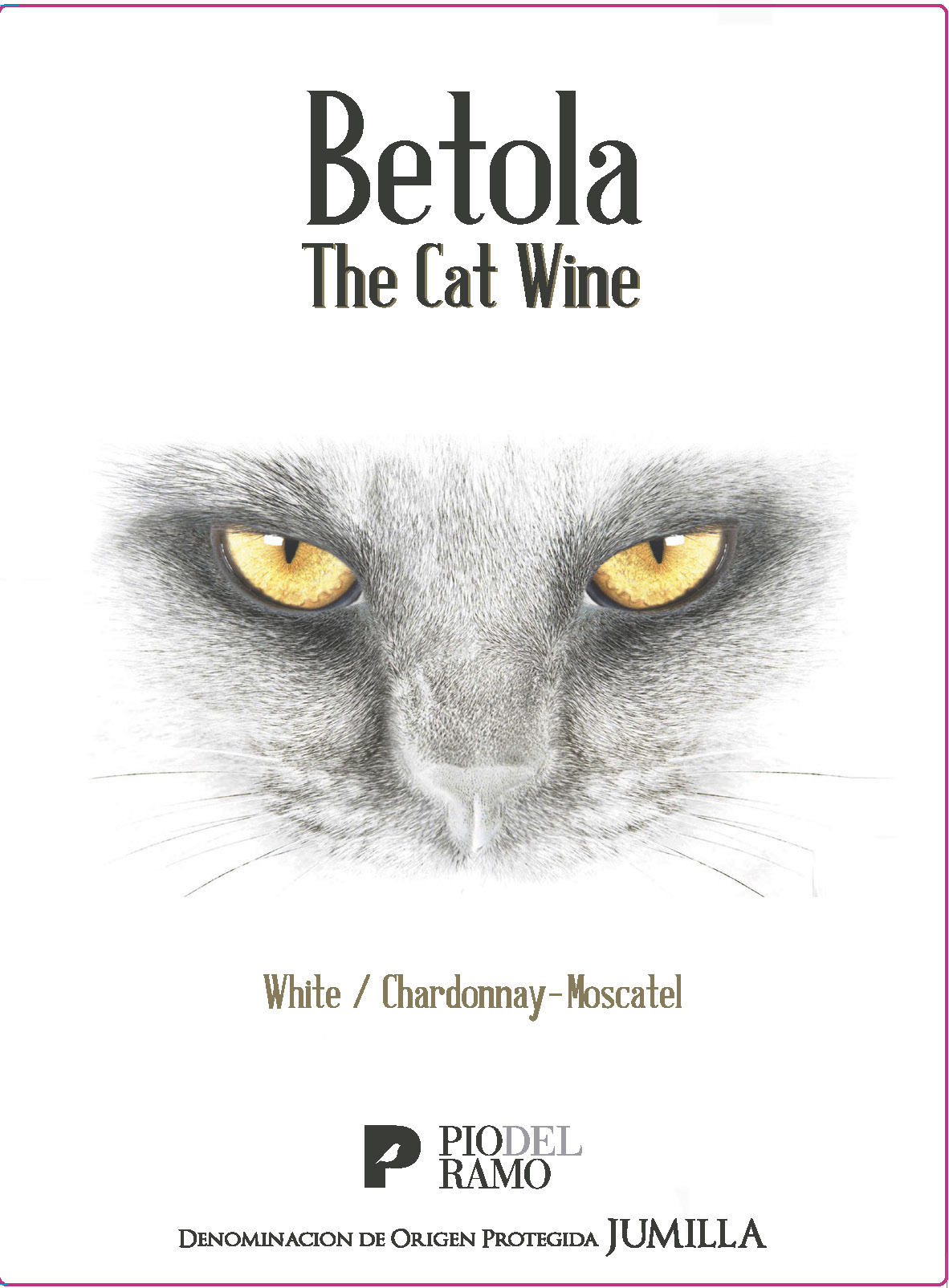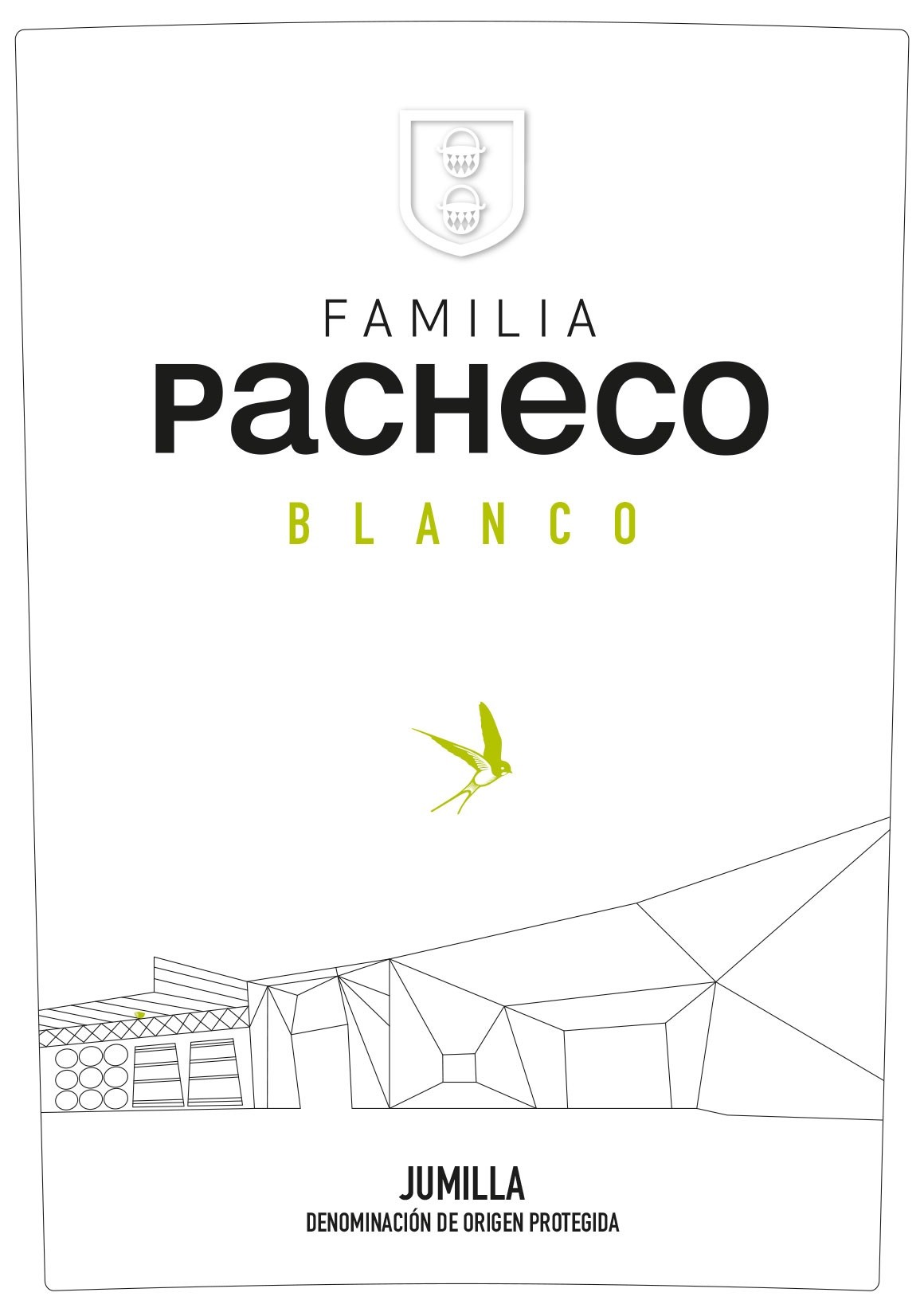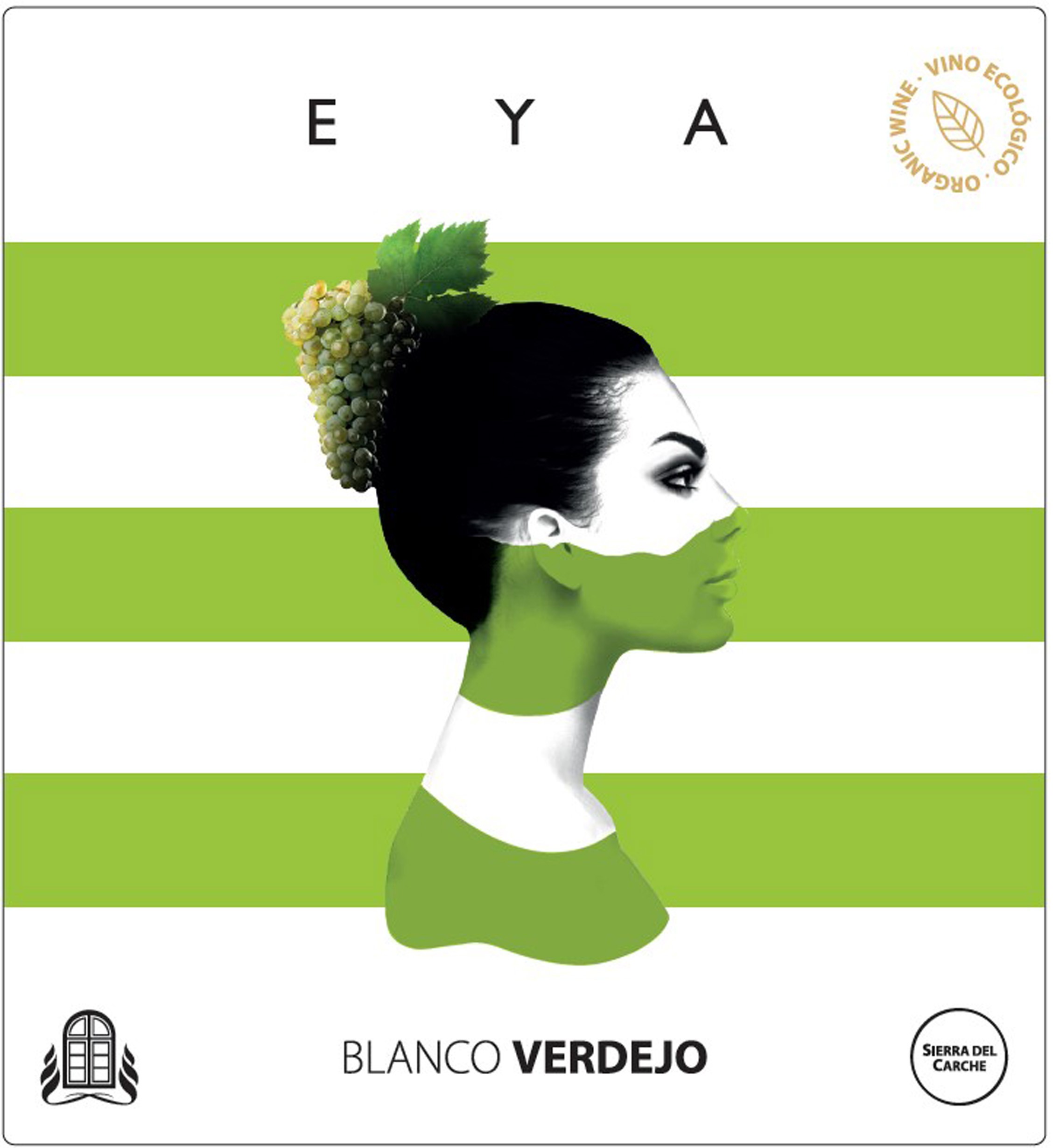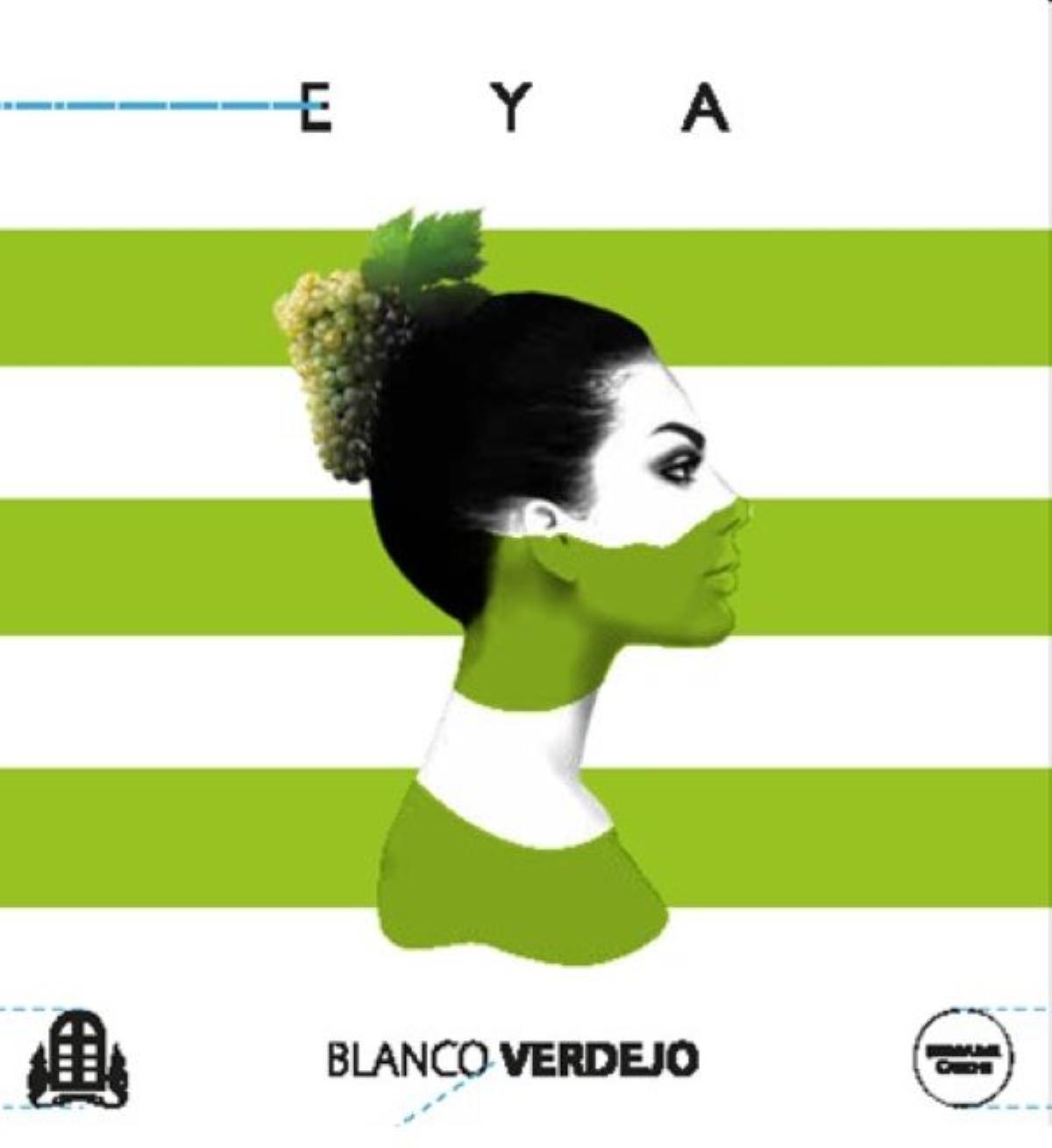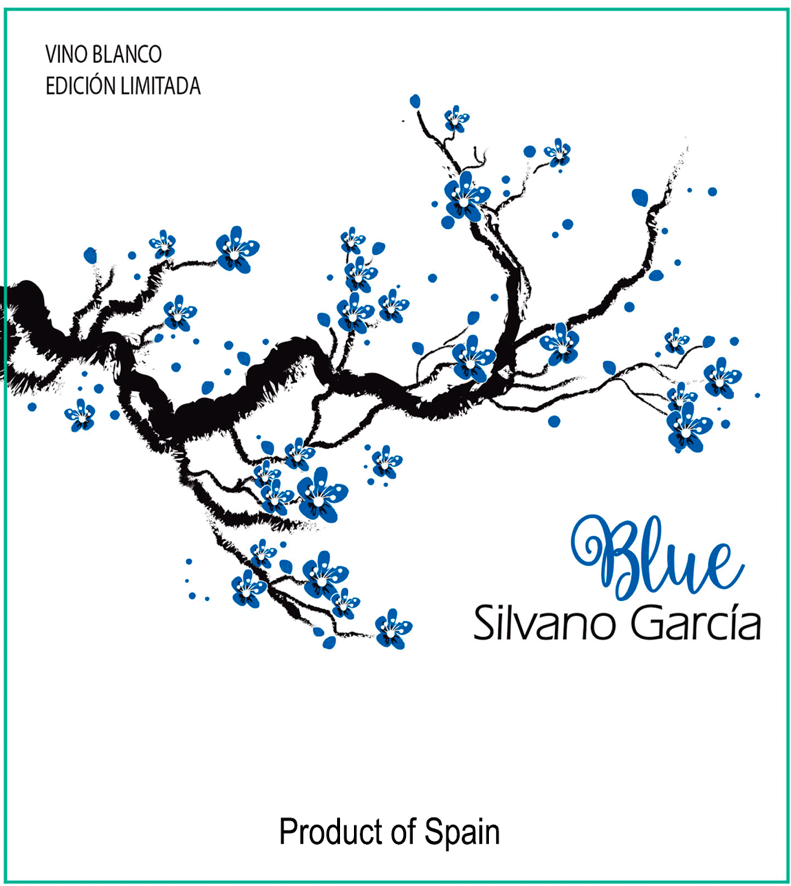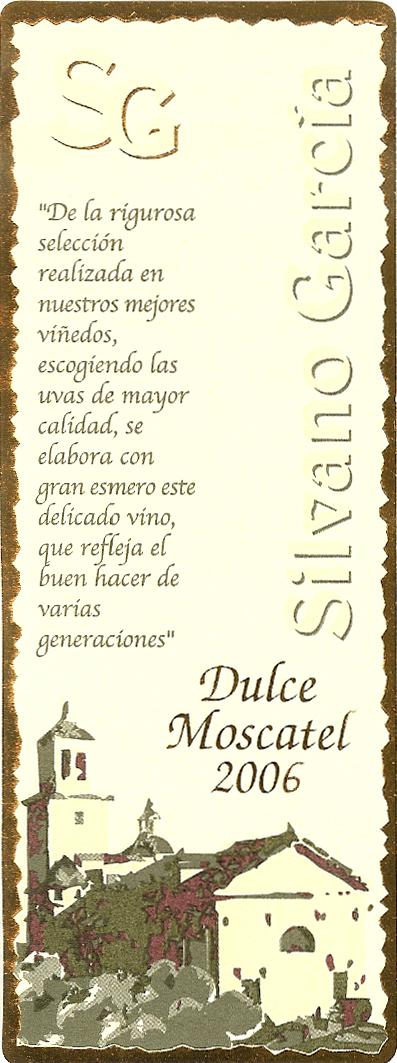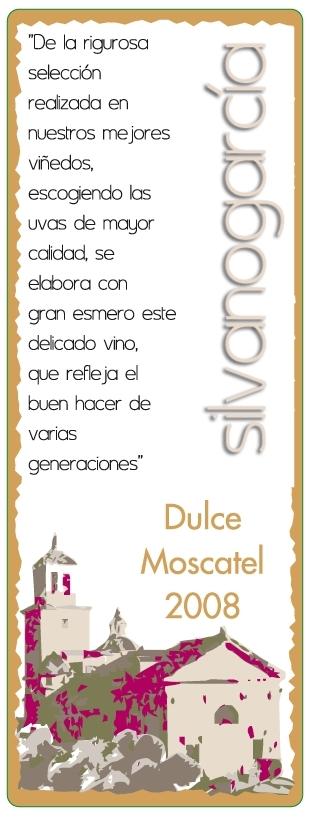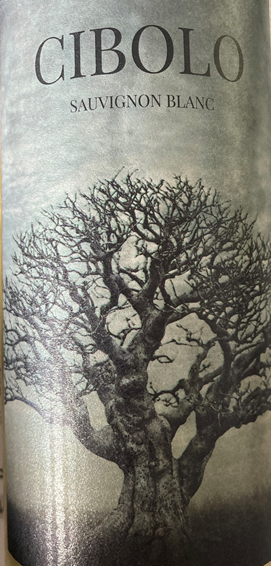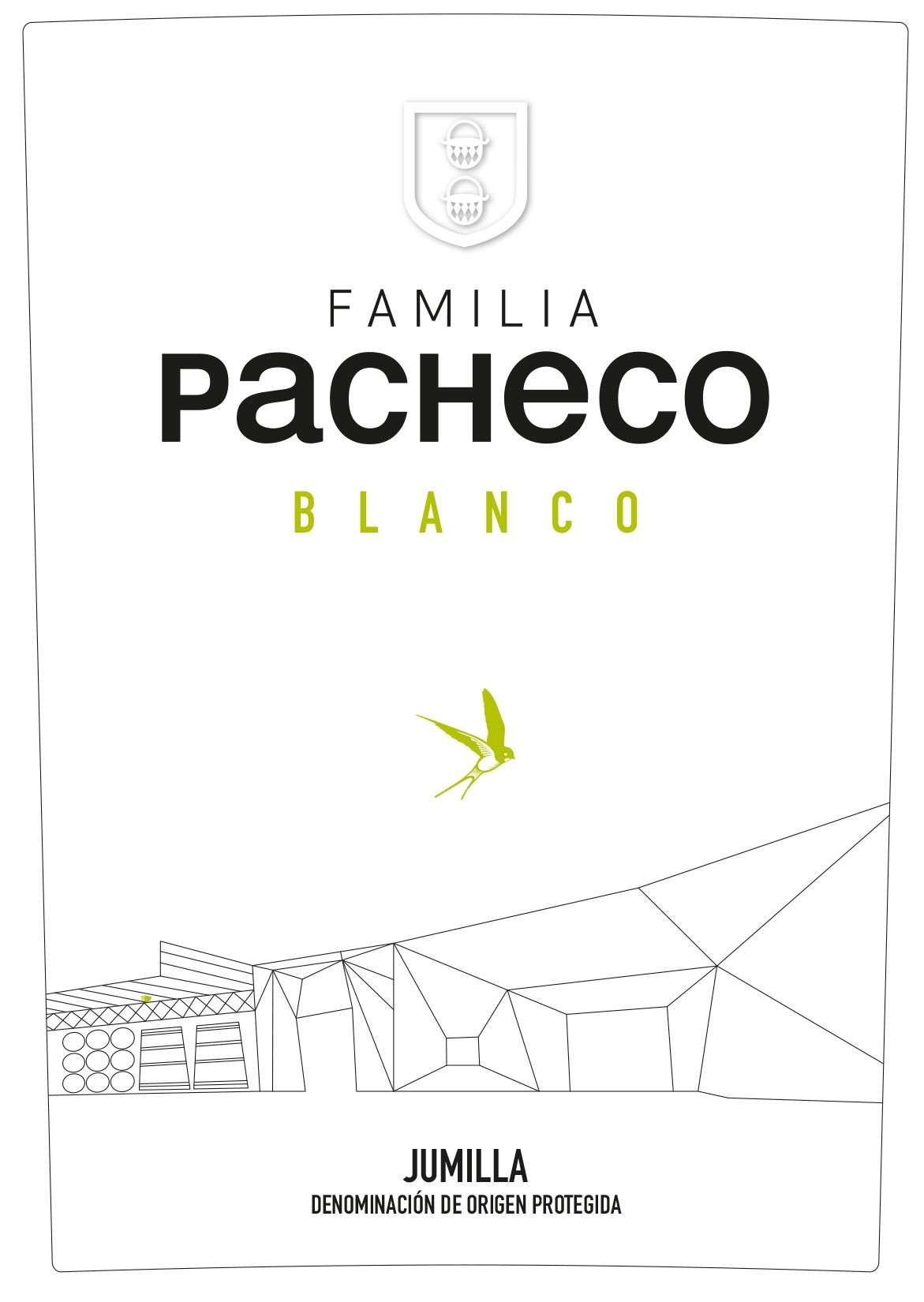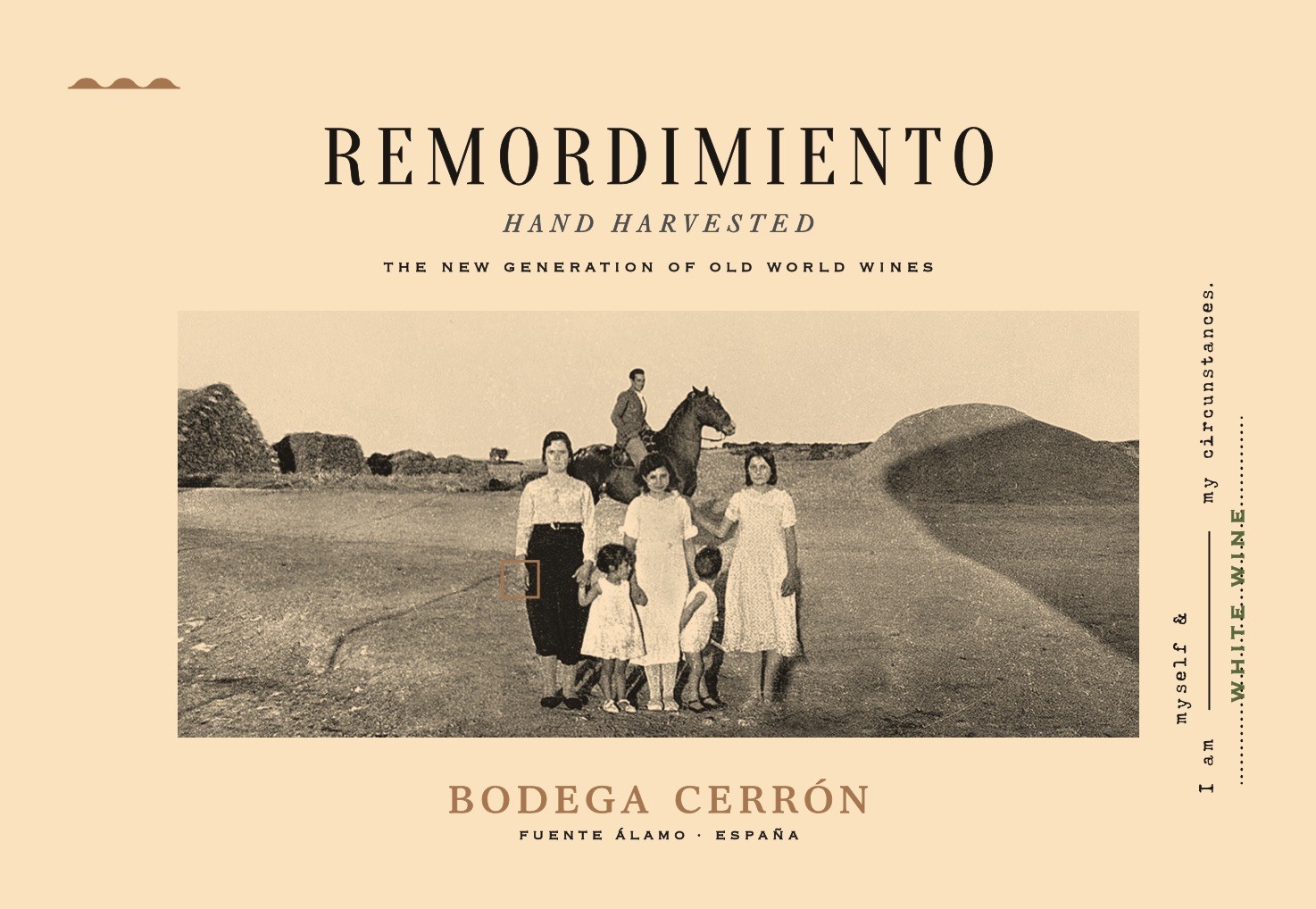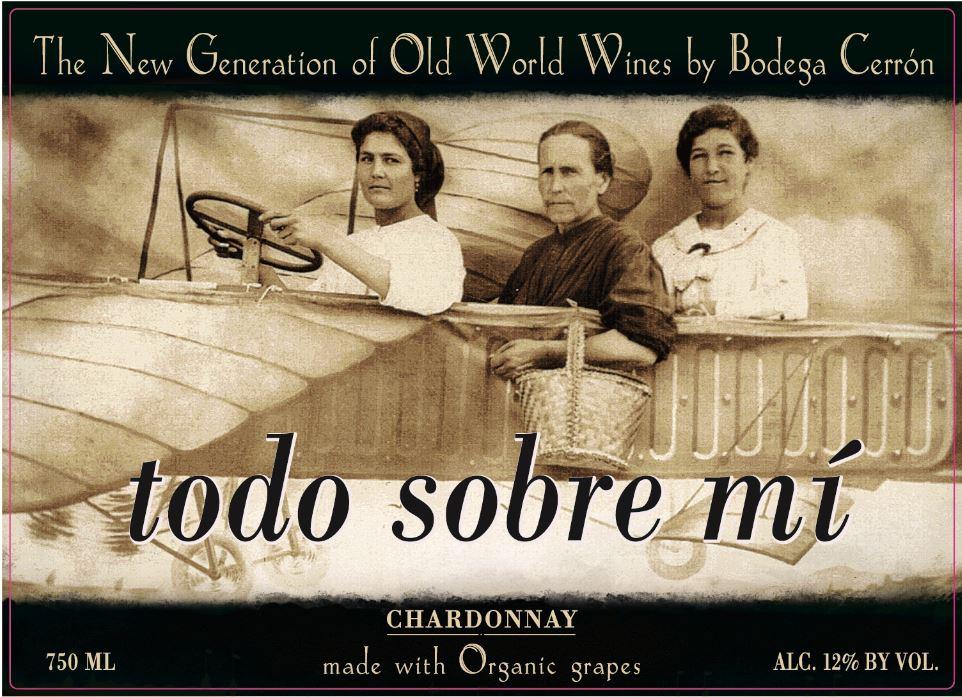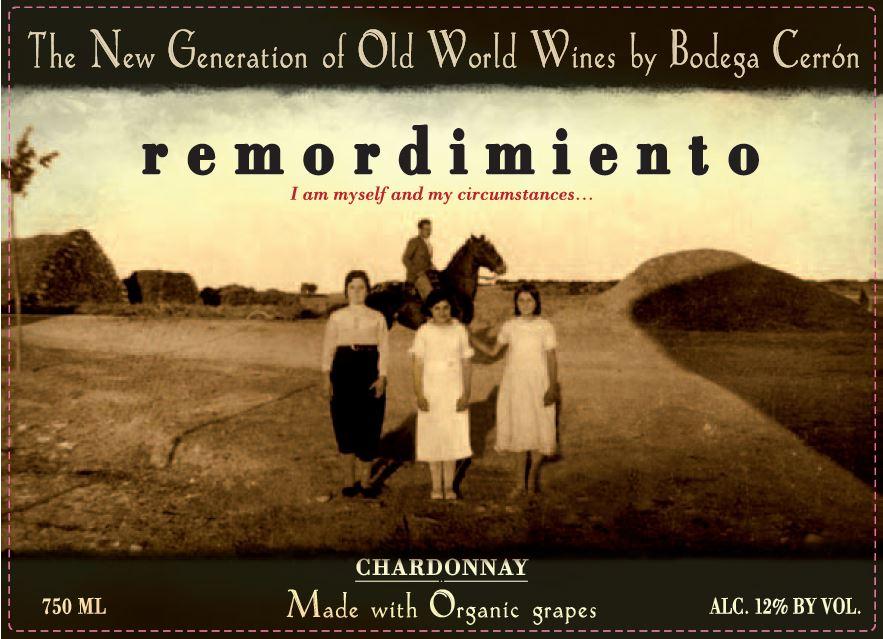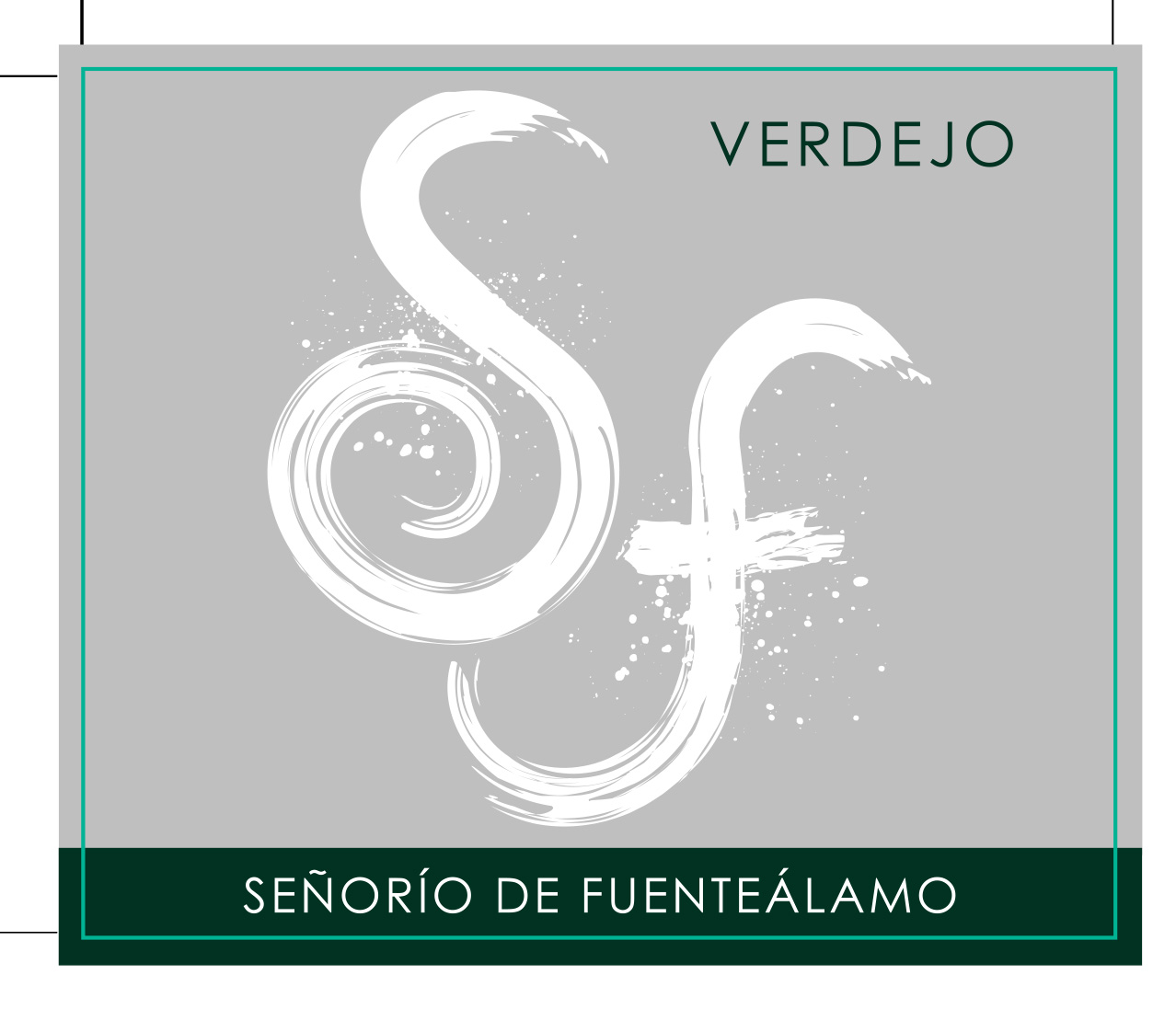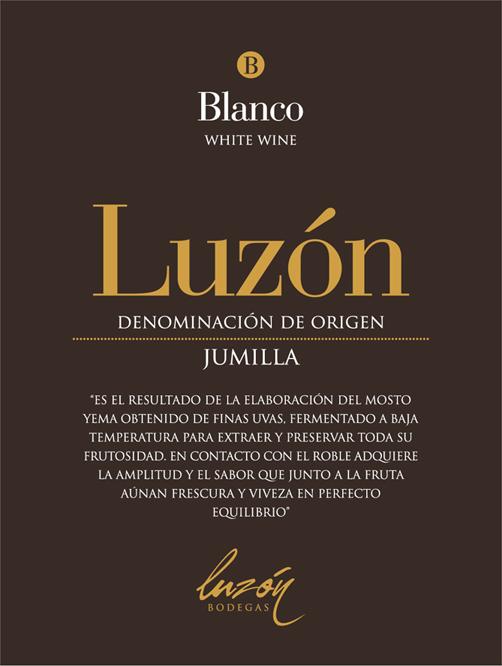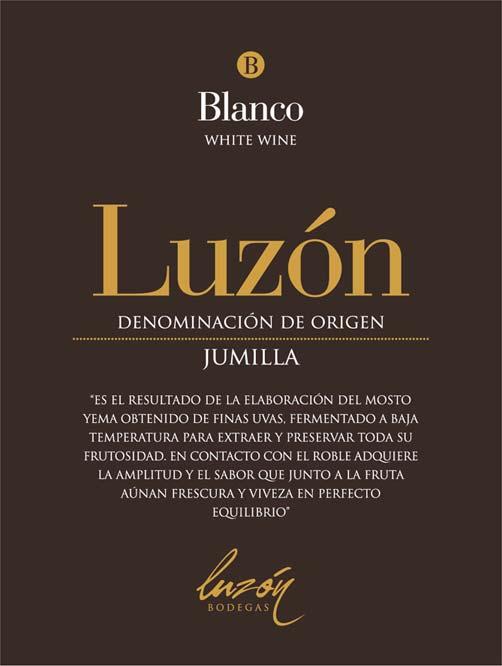Terroir of Jumilla
The terroir of Jumilla is defined by its dry, continental-Mediterranean climate and limestone-rich, sandy-loam soils. Situated between 400 and 900 meters above sea level, the vineyards benefit from cooler nighttime temperatures, crucial for preserving acidity in grapes. The region receives minimal rainfall, approximately 250–300 mm annually, promoting the practice of dry farming, with irrigation employed sparingly.
Summers in Jumilla are intensely hot, often exceeding 35°C, while the elevation moderates temperatures, ensuring a significant diurnal range that aids grape ripening. The abundant sunshine fosters the development of grapes with thick skins and full ripeness, leading to wines of concentrated flavors and robust character. Winters bring the risk of frost and occasional snow, especially at higher elevations, enhancing the complexity of the grapes grown here.
Notable Wineries in Jumilla
Jumilla, a historic wine region in Spain, is home to several distinguished wineries, celebrated for their mastery of Monastrell and other varietals. Here are some notable names in the region:
- Bodegas Juan Gil (Juan Gil Family Estates): Internationally acclaimed for their Monastrell wines, showcasing the bold and rich flavors characteristic of Jumilla.
- Bodegas Luzón: A venerable winery known for its old-vine vineyards, offering a diverse range of classic reds, rosés, and site-specific wines.
These wineries embody the spirit of Jumilla, capturing the essence of its unique terroir and climate in every bottle, from the intense summer heat to the cool nights that define this exceptional wine-producing area.
Sustainable Winemaking in Jumilla
Jumilla is embracing sustainability, with many vineyards adopting organic viticulture, thriving in the dry, sunny climate. This approach benefits from the region's calcareous soils and focuses on low yields to maintain healthy vines without heavy reliance on synthetic inputs.
Vineyards often utilize low-intervention methods, including dry-farming and bush-training, which conserve water and support natural vine growth. Techniques such as planting cover crops and using native yeasts are increasingly popular, enhancing ecological balance.
The preservation of heritage vines, particularly old Monastrell with ungrafted roots, is a key focus, ensuring the continuity of local grape varieties. Certification efforts are widespread, with many producers reducing their carbon footprint through lighter packaging and habitat restoration. Jumilla's commitment to sustainability meets the growing demand for environmentally conscious wines, reflecting the region’s dedication to eco-friendly practices.
Wine Tourism in Jumilla
Jumilla's wine tourism offers a rich tapestry of experiences, shaped by its historical and agricultural heritage. Visitors can explore the Jumilla Wine Route, an official trail linking diverse wineries that highlight the region's dedication to Monastrell wines.
Guided tastings offer insights into the distinct flavors of red, rosé, and sweet Moscatel wines. Additionally, the area serves as a cultural hub, featuring the Wine Museum and the scenic Castillo de Jumilla.
Events like the harvest festival celebrate the region's wine culture, while vineyard routes provide opportunities for walking and cycling. These experiences immerse visitors in the unique terroir and sustainable practices that define Jumilla, ensuring a memorable exploration of its rich wine legacy.
